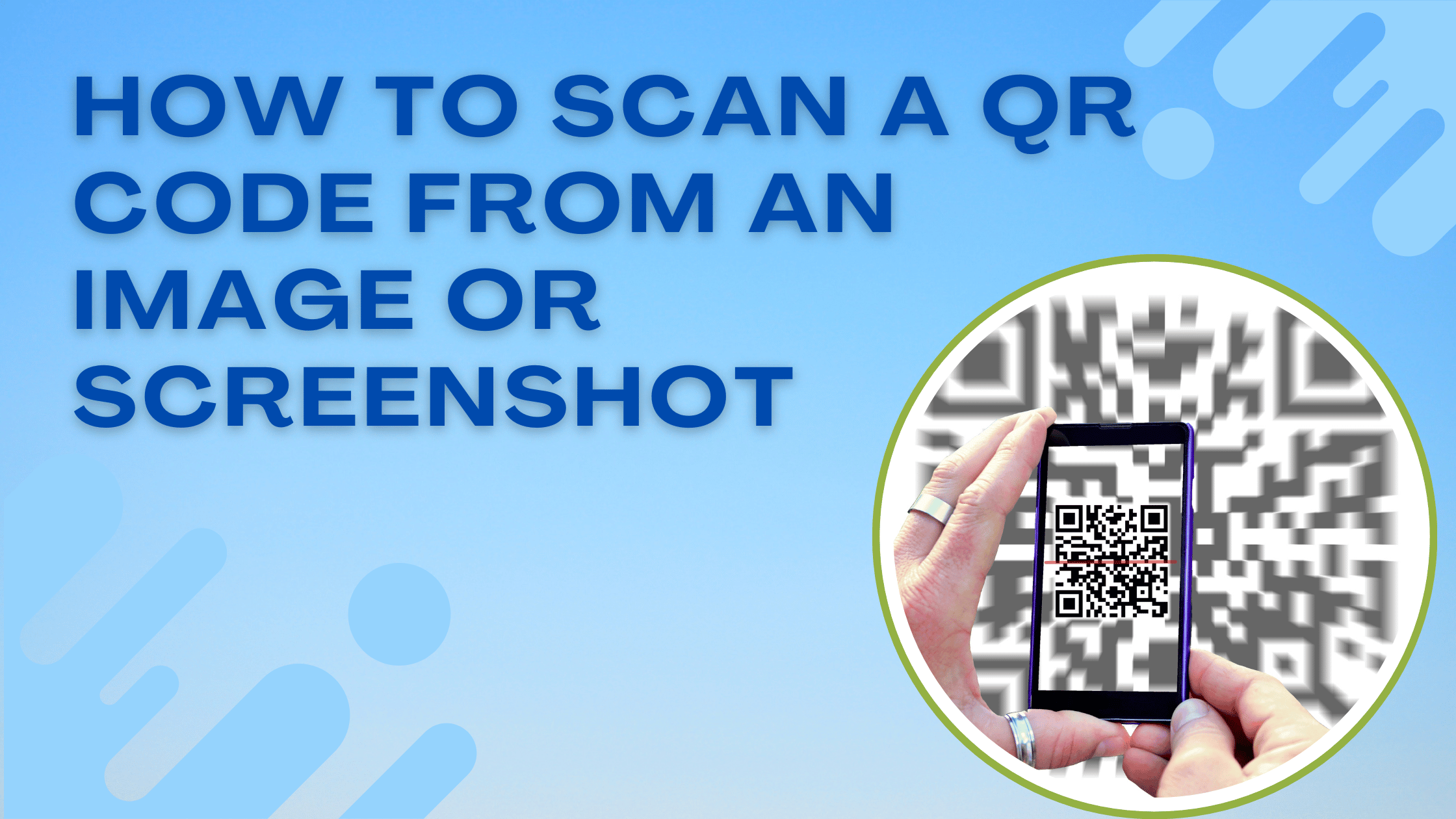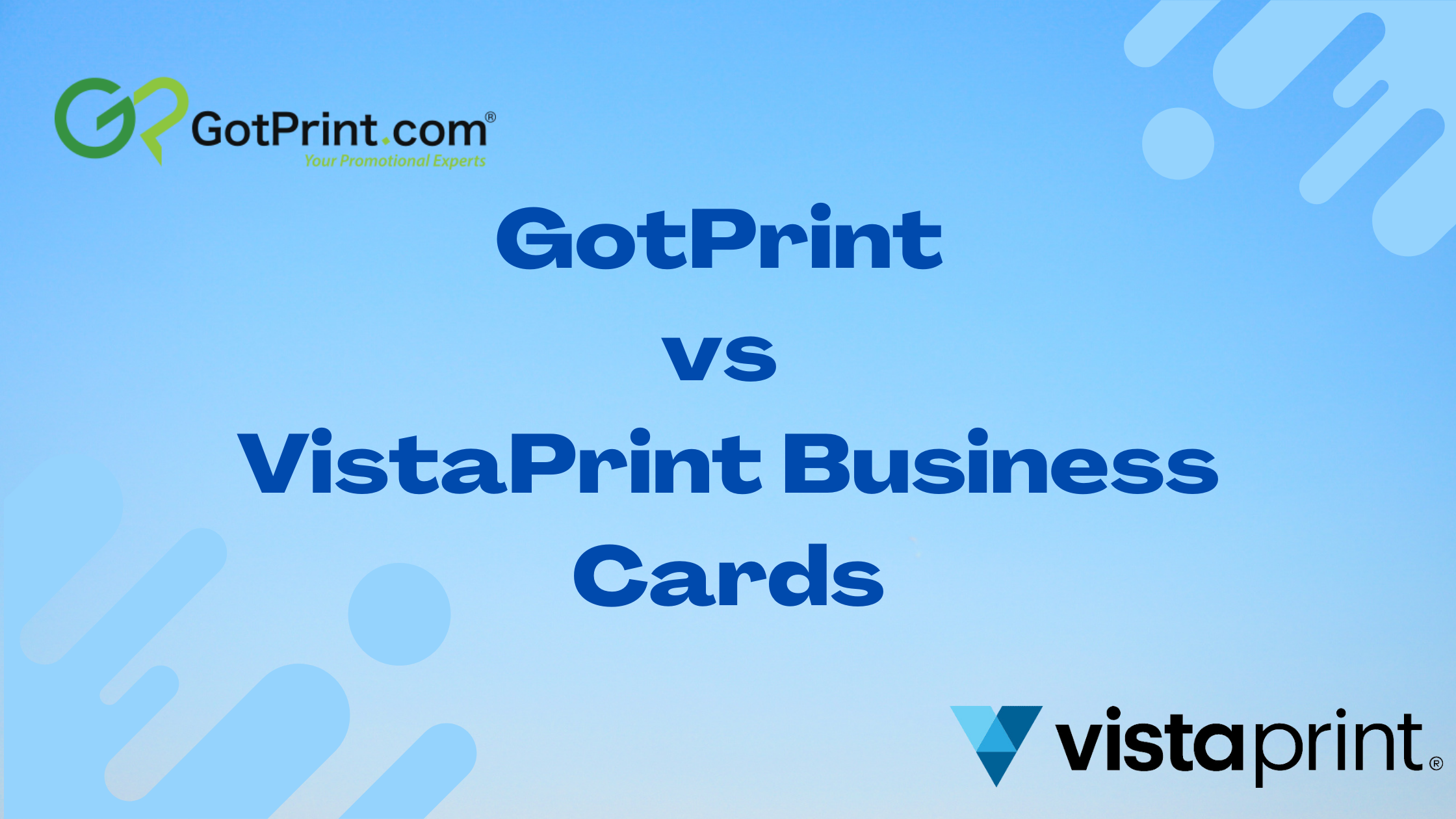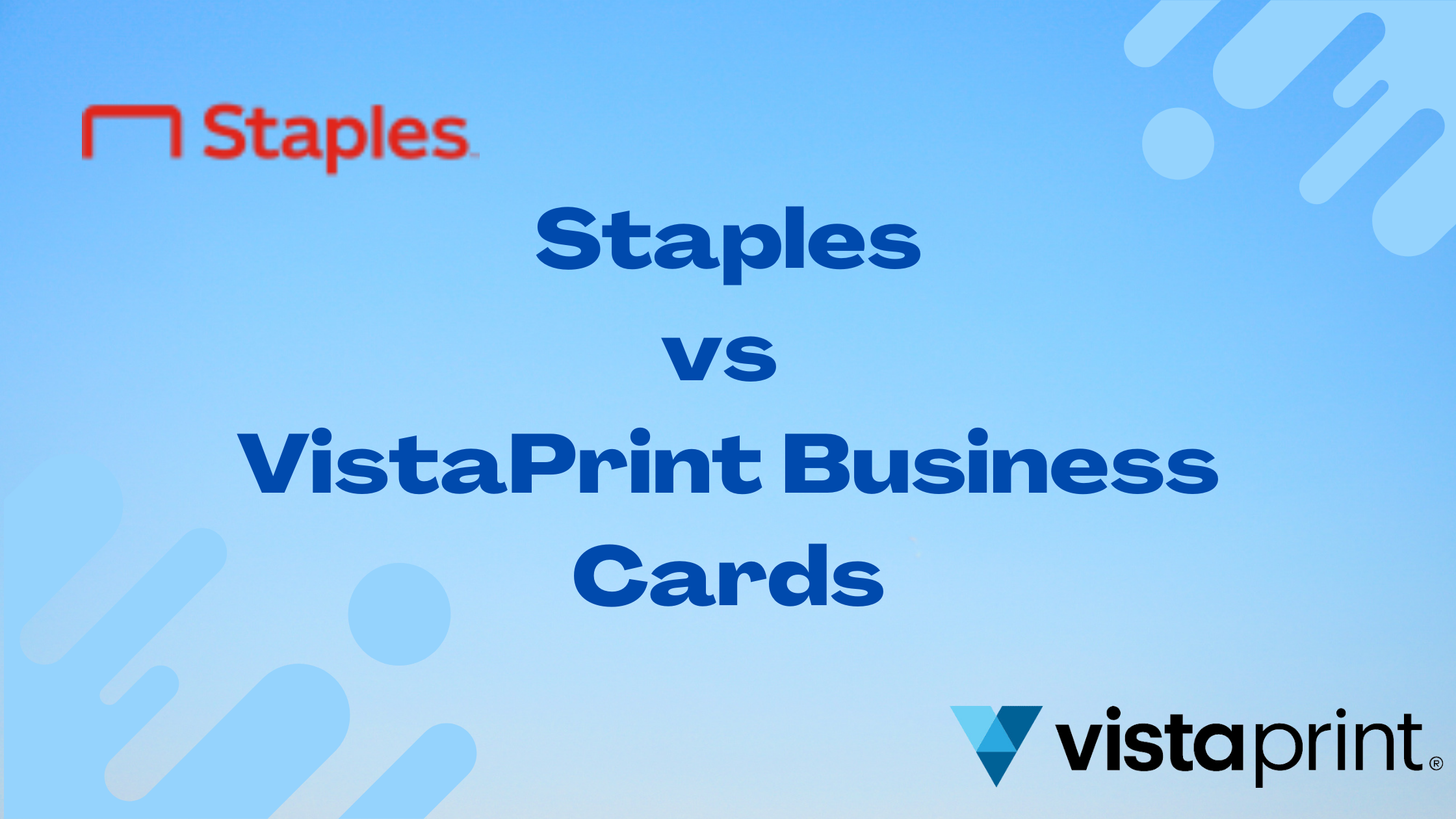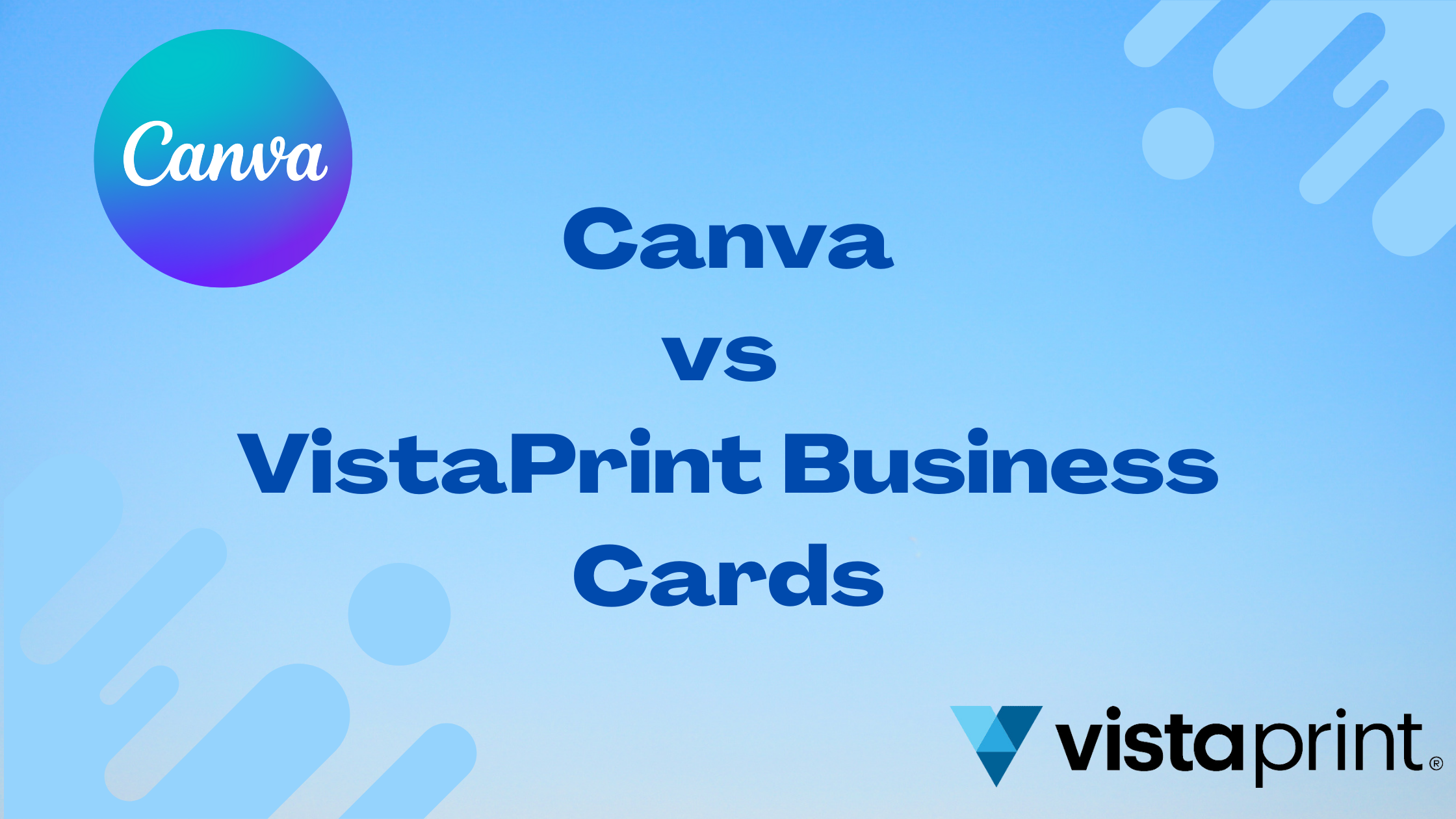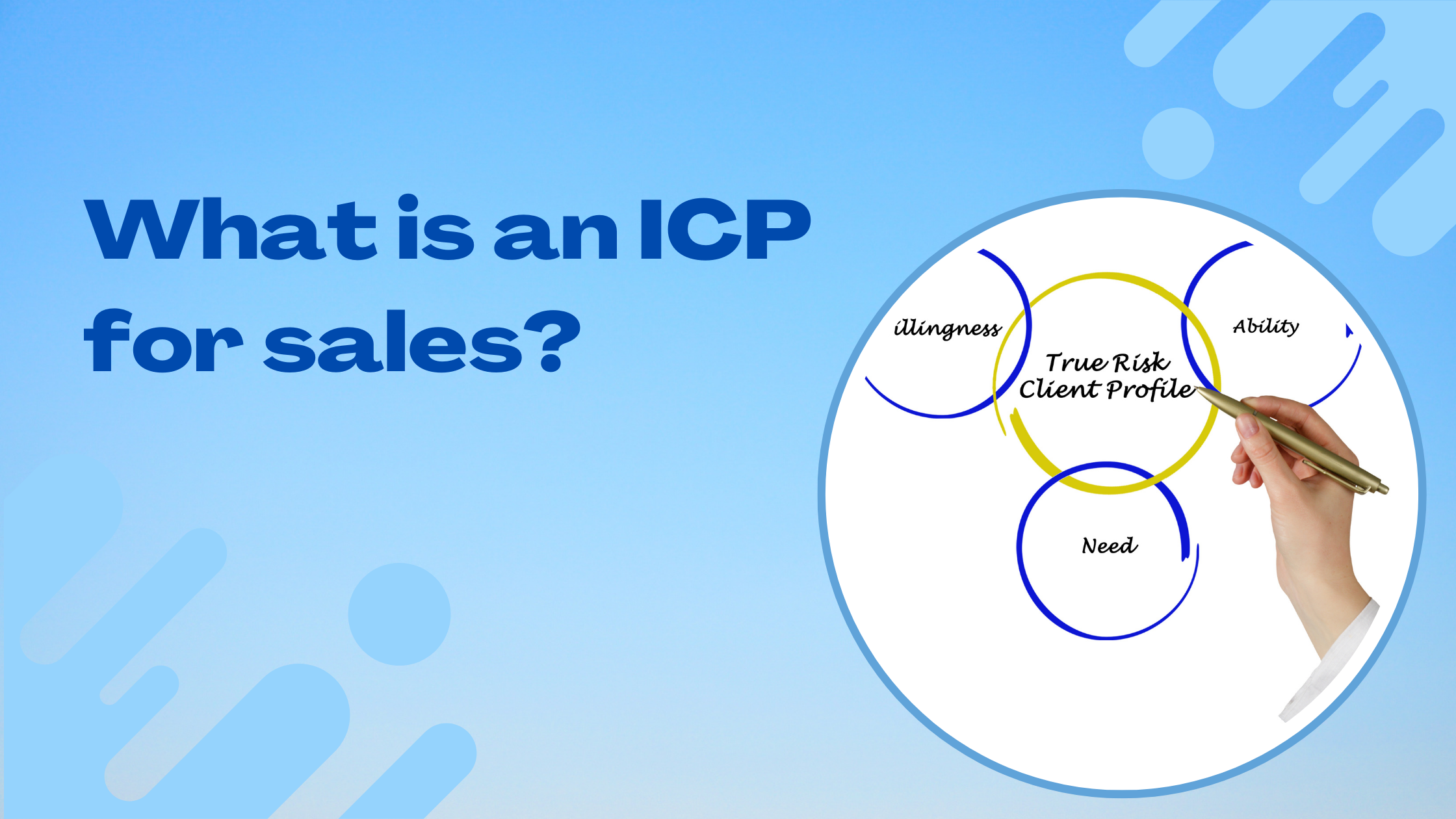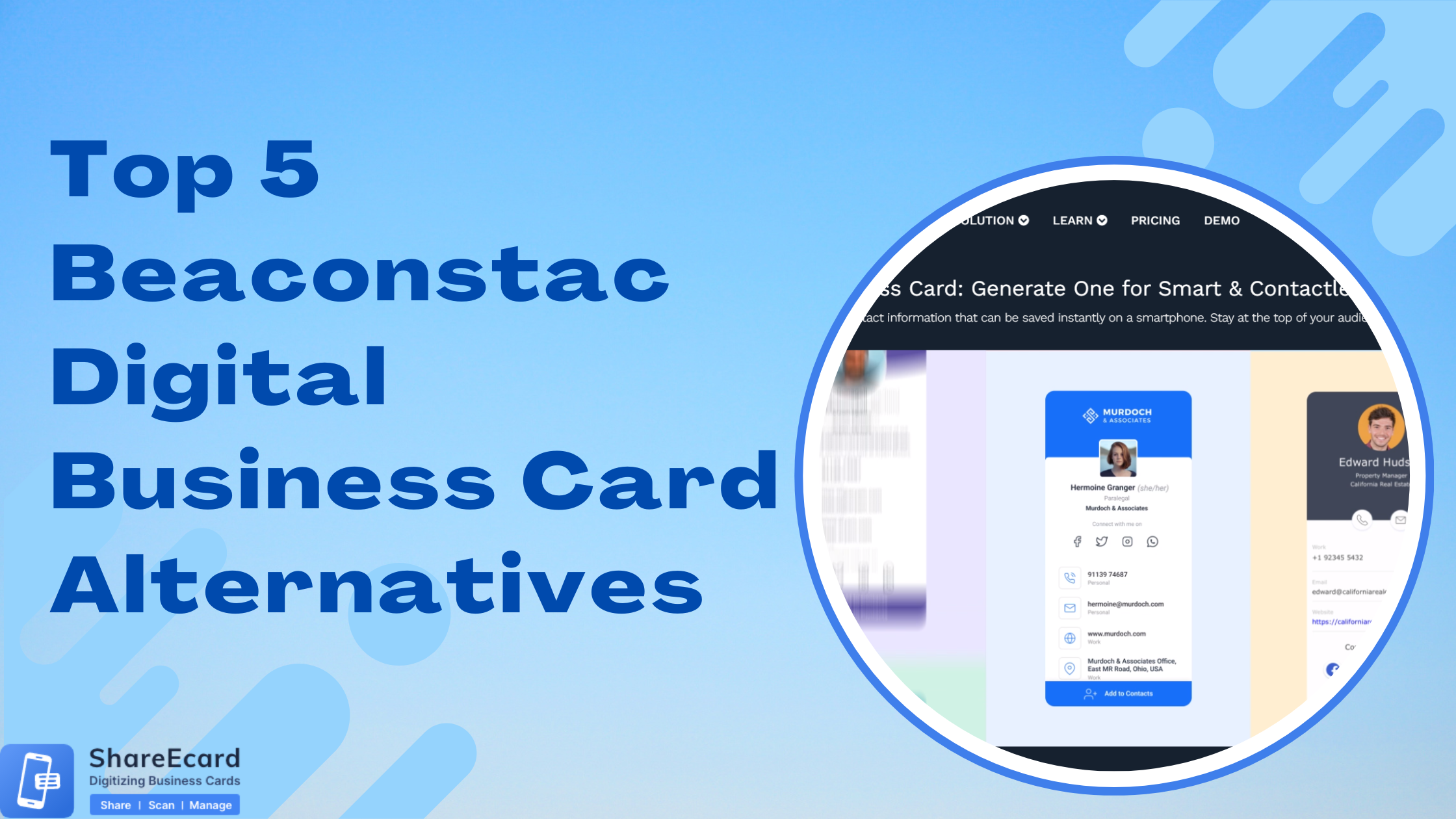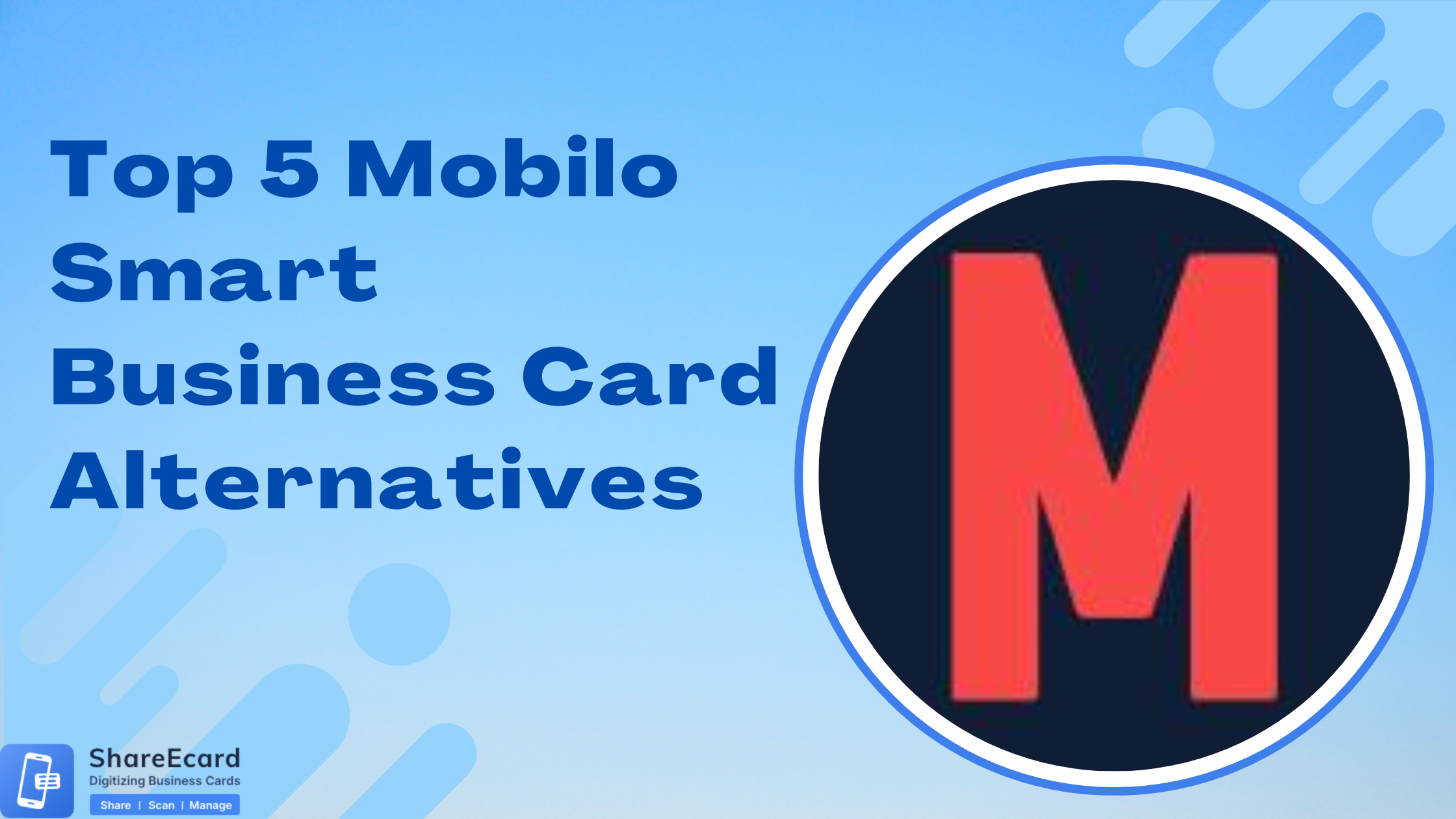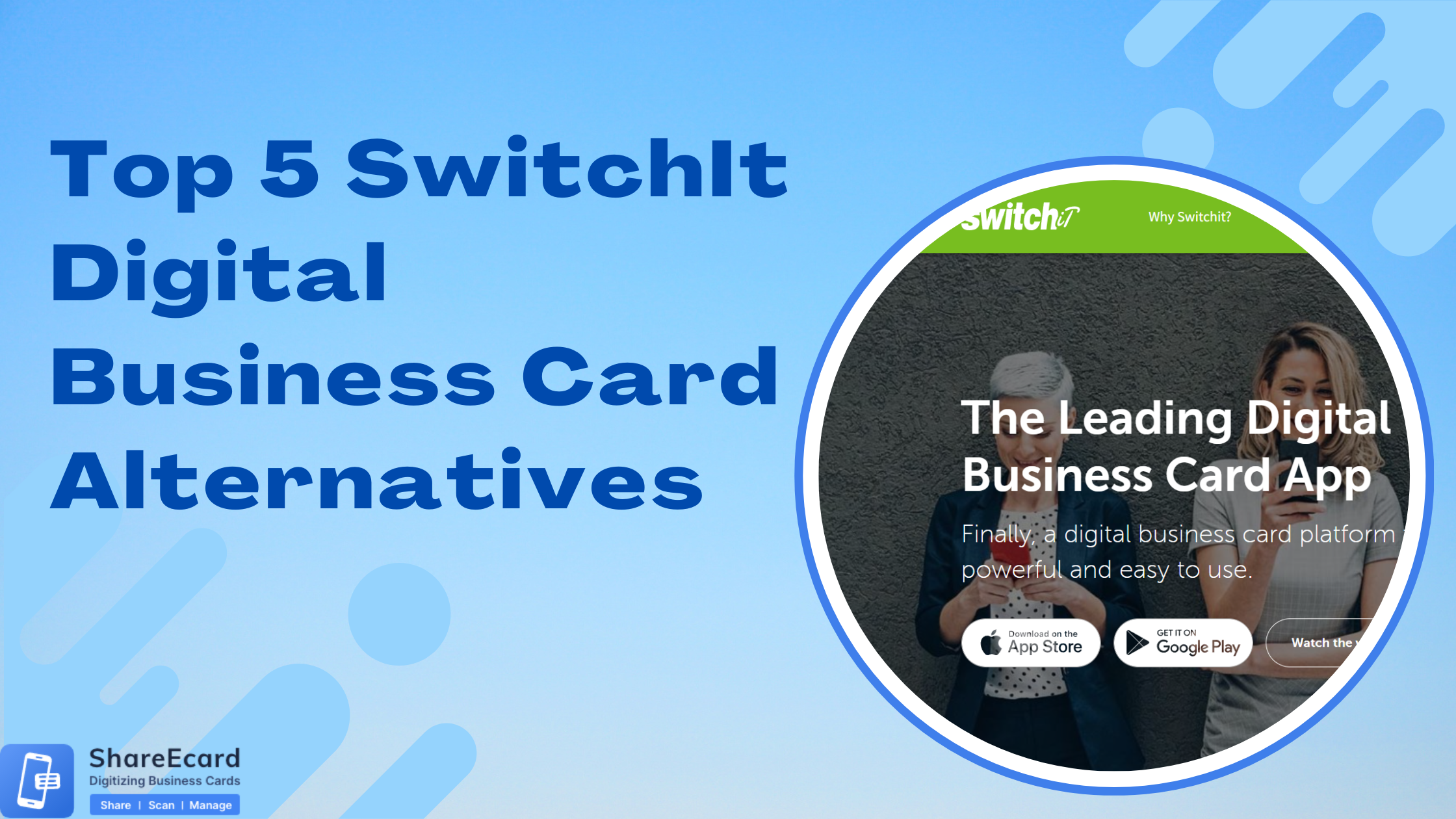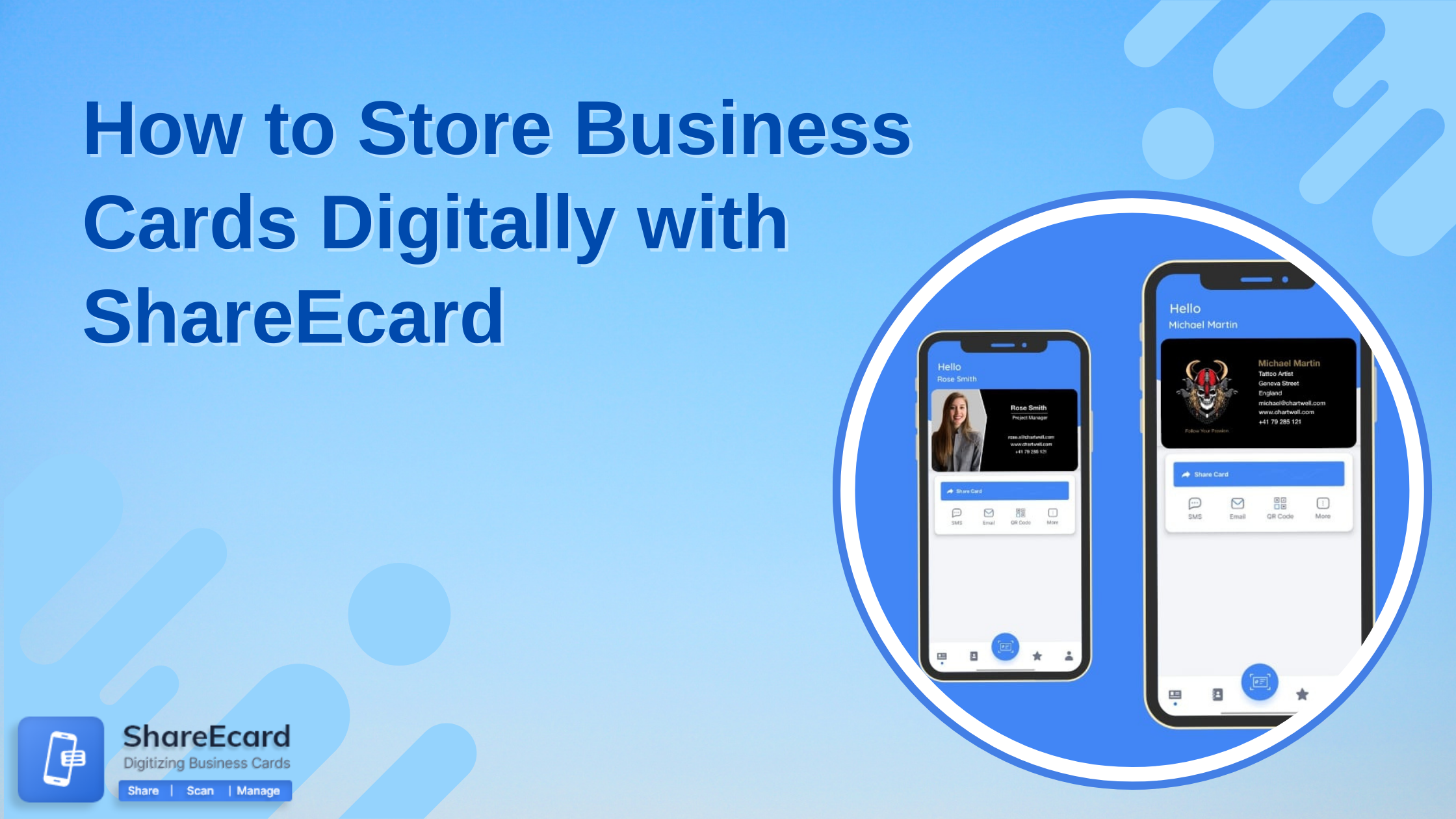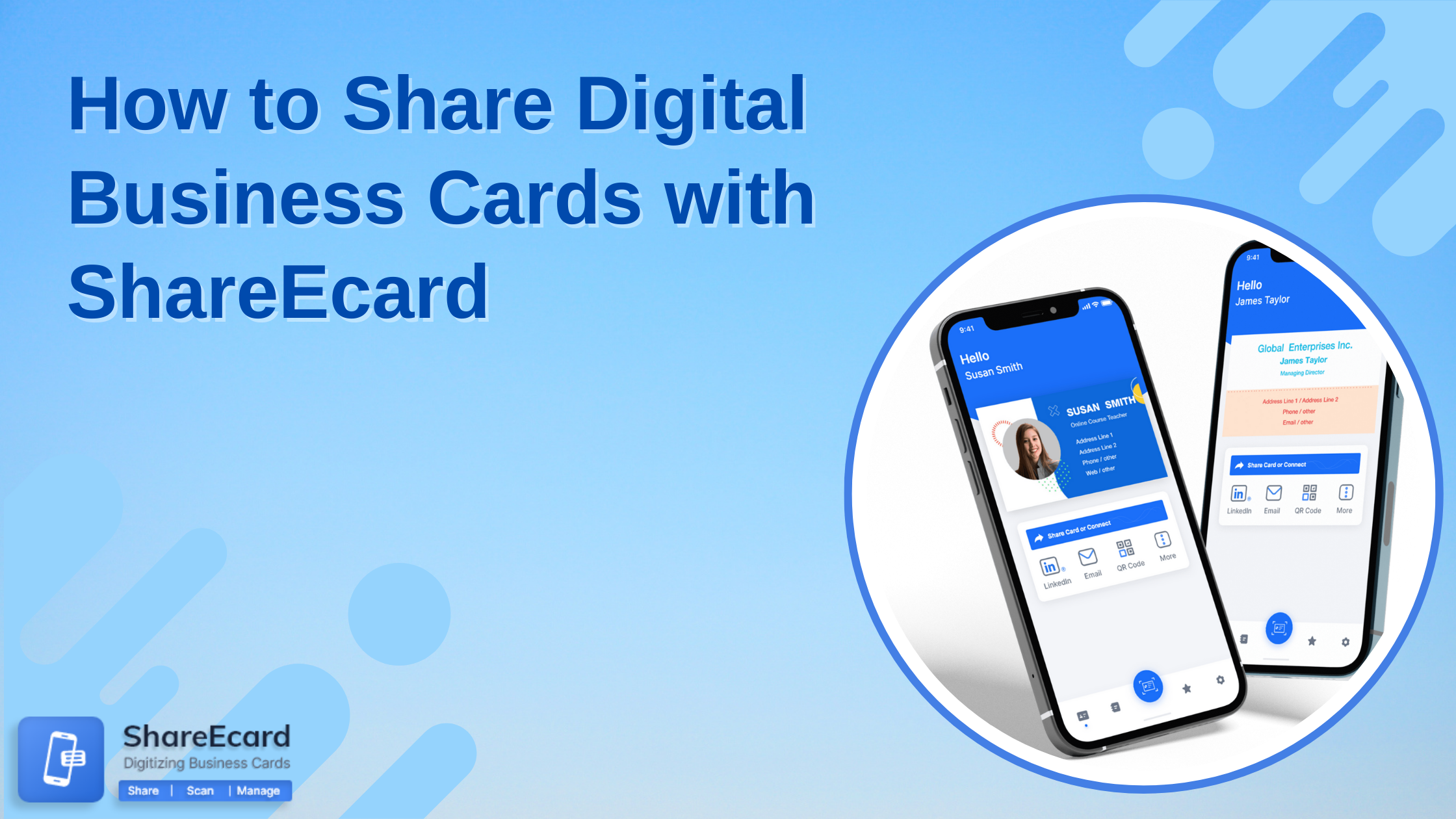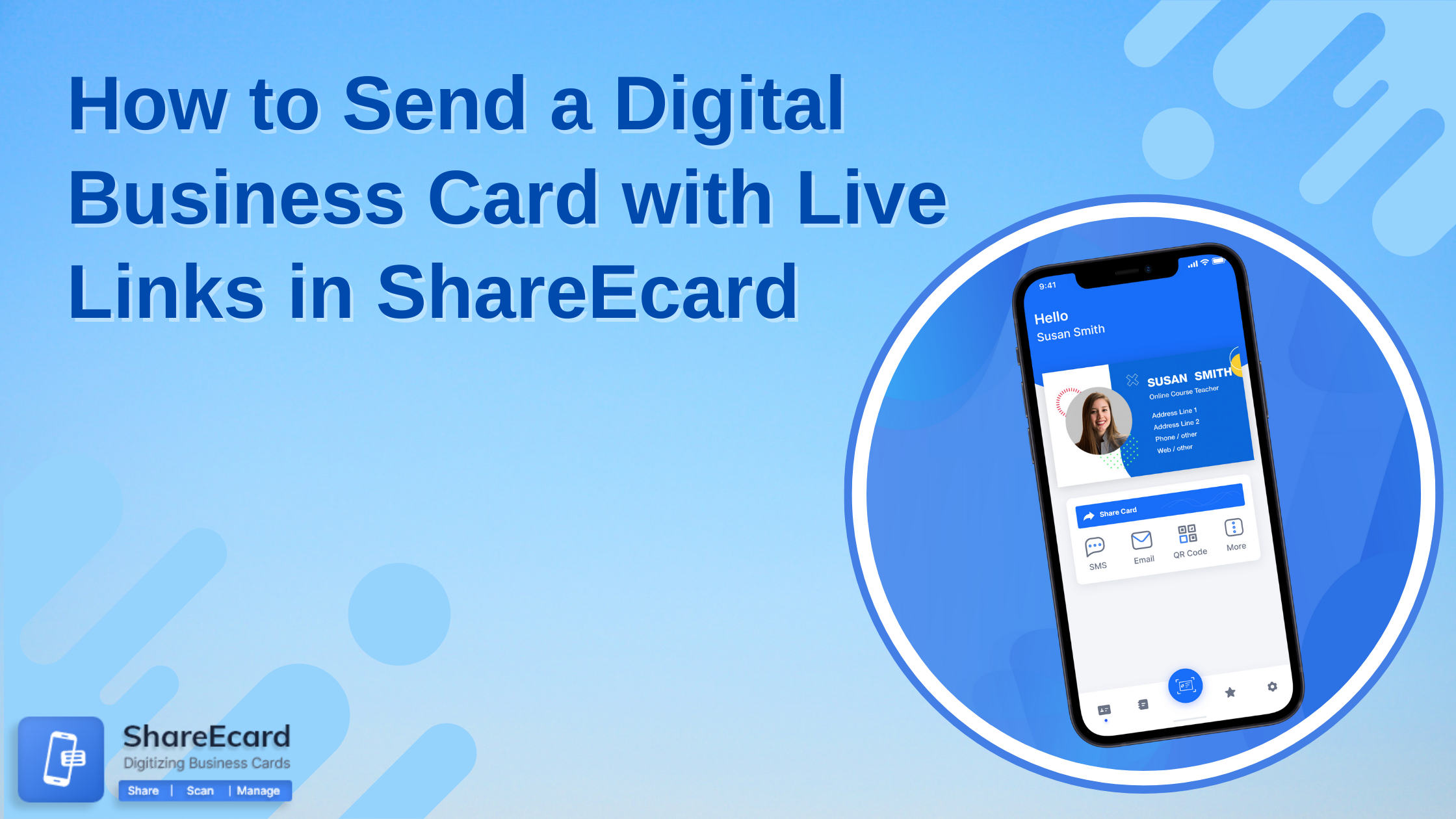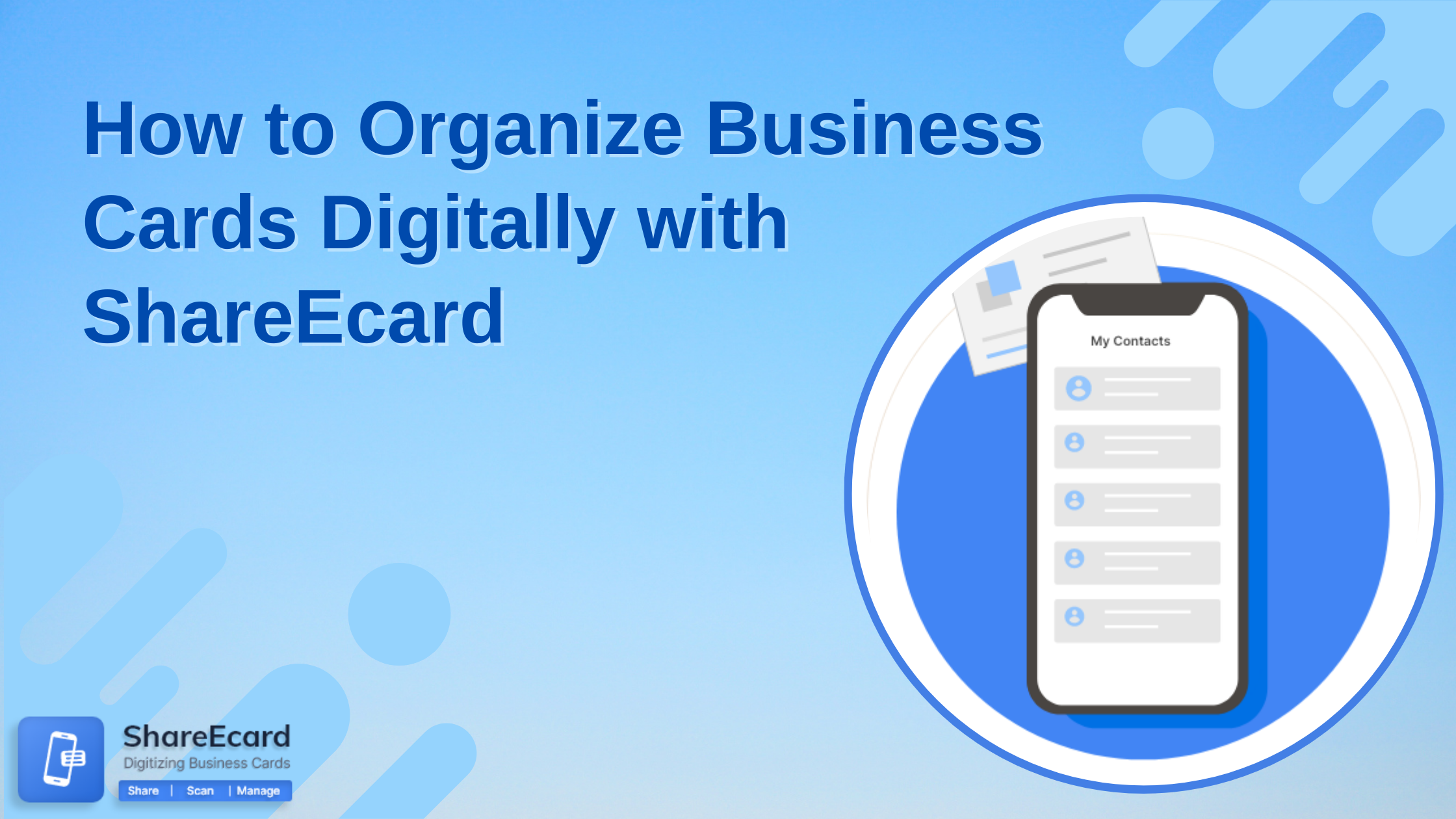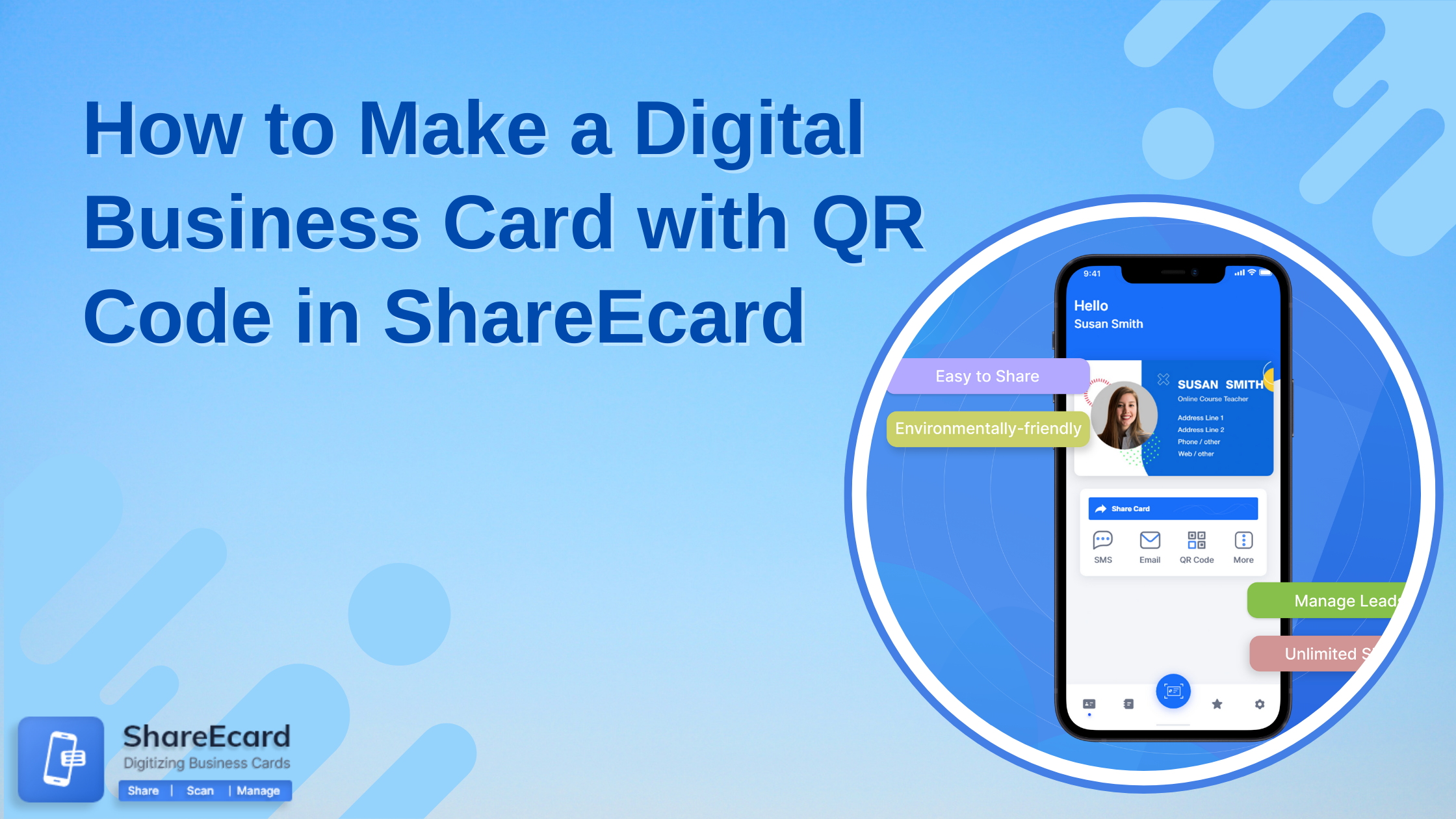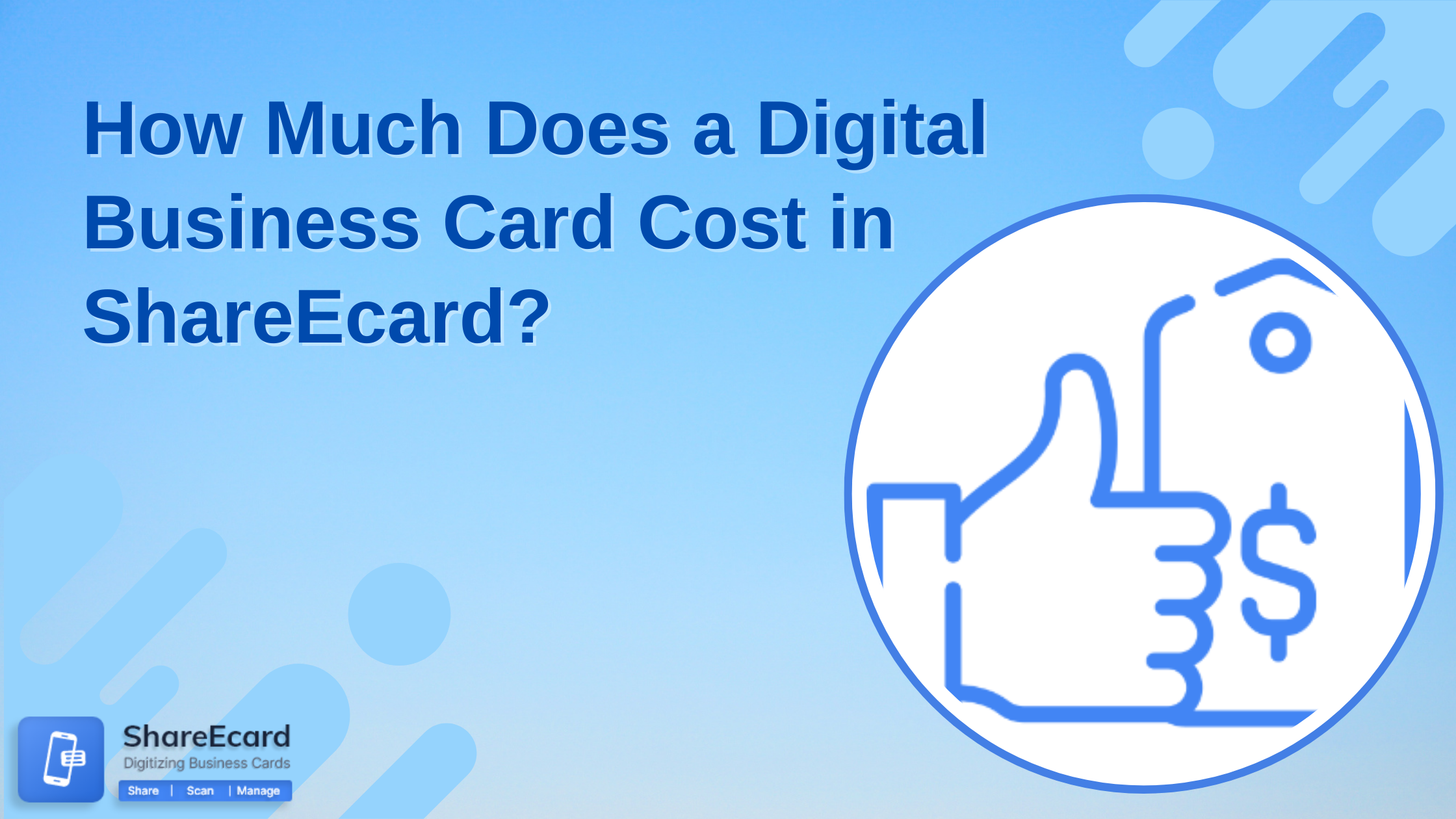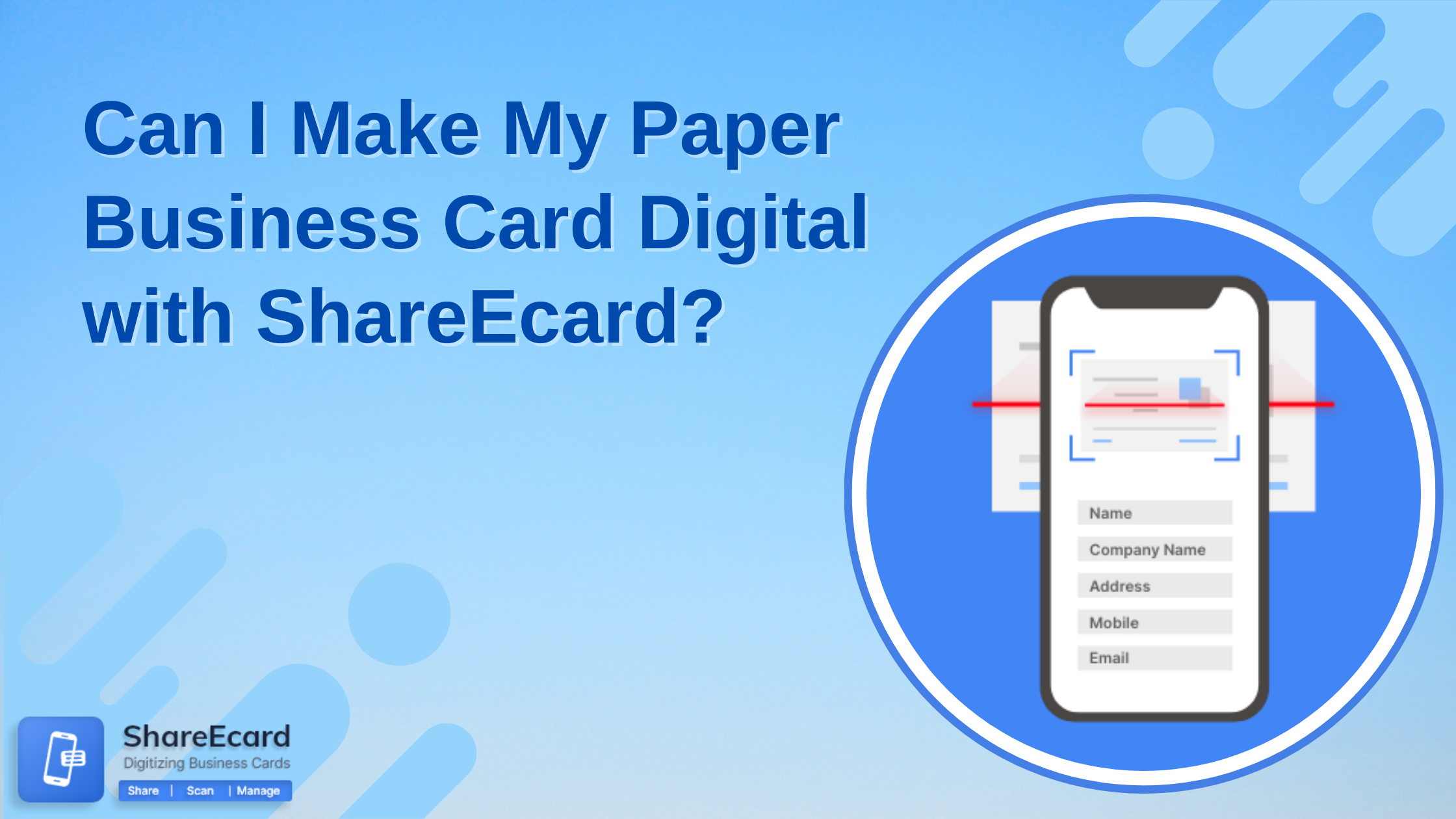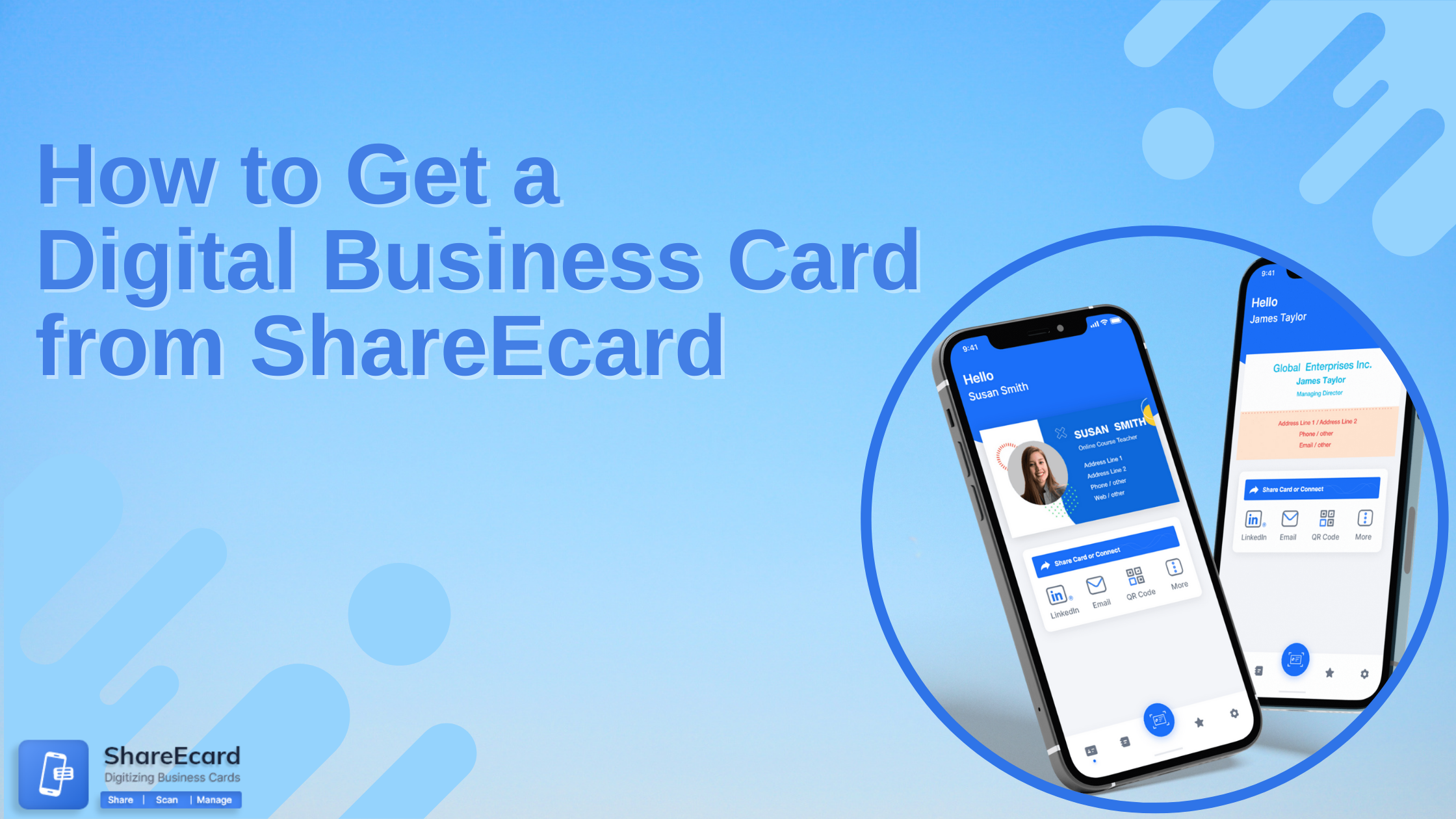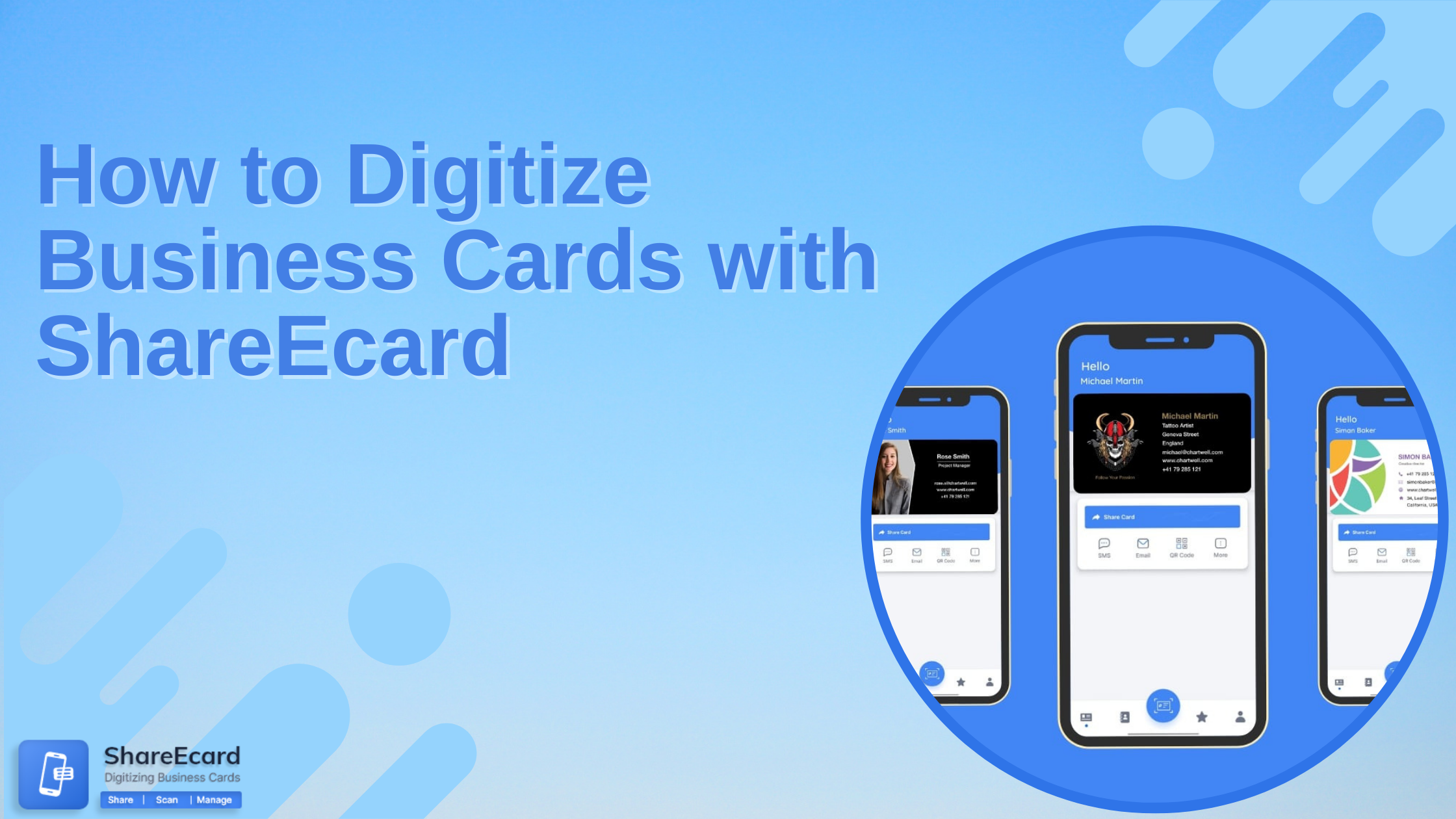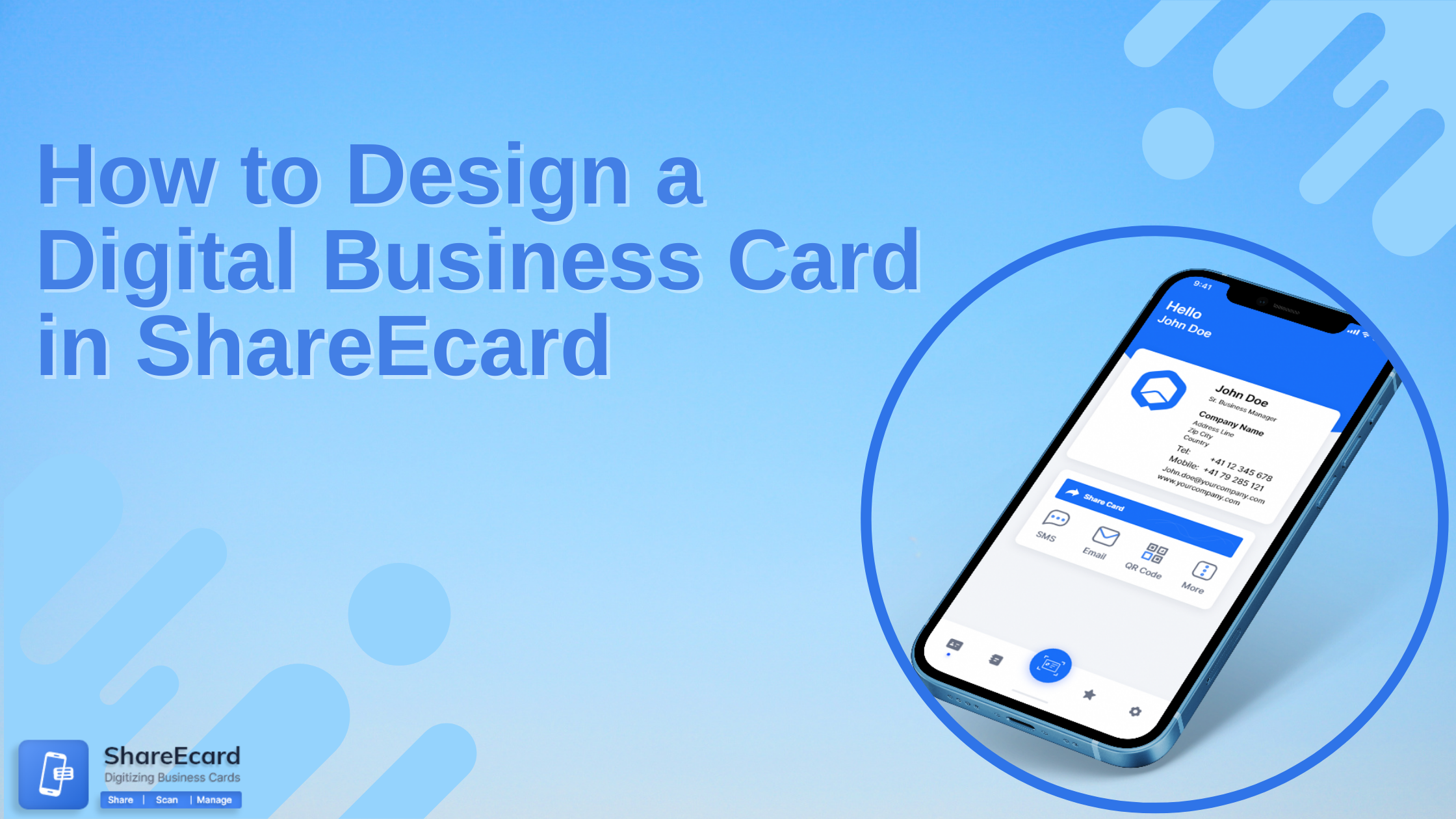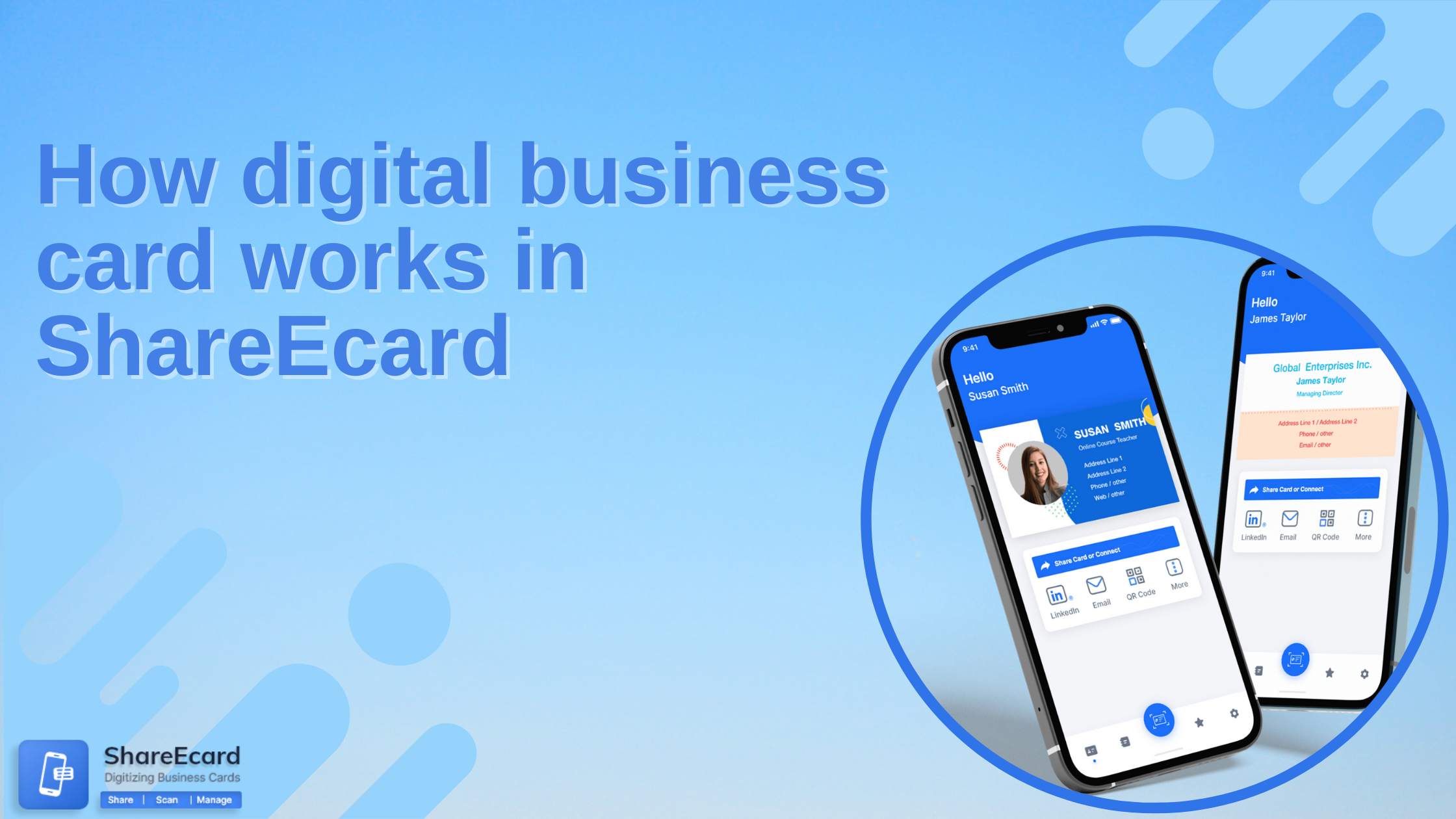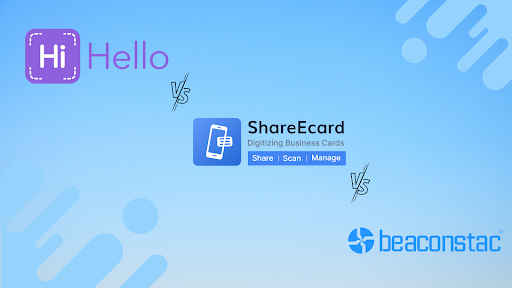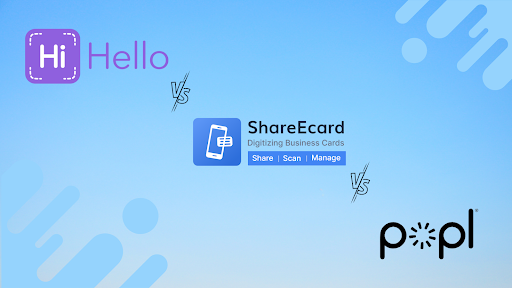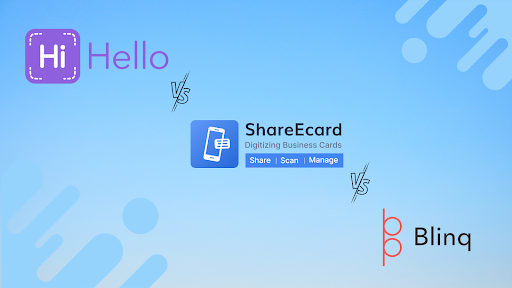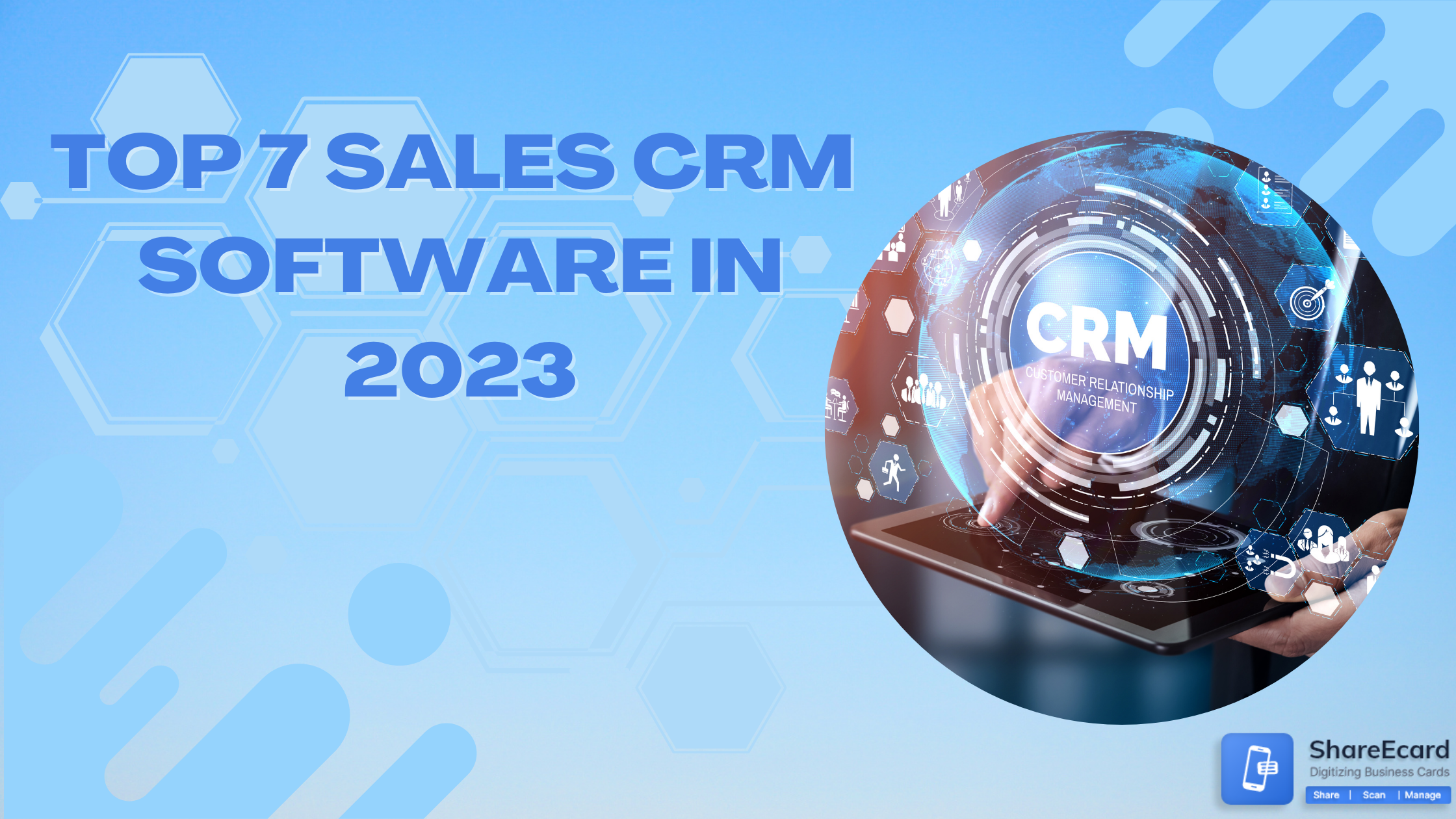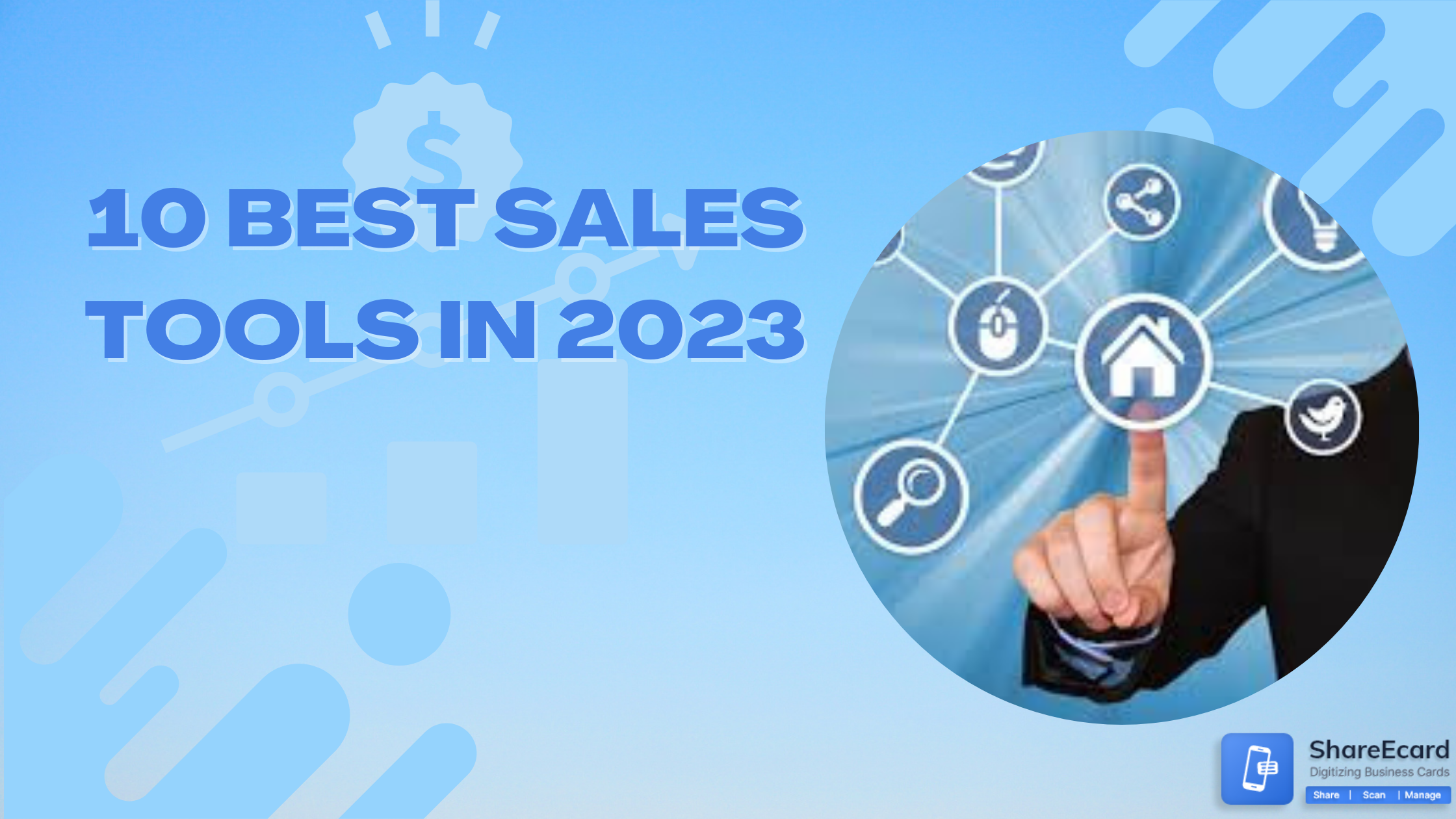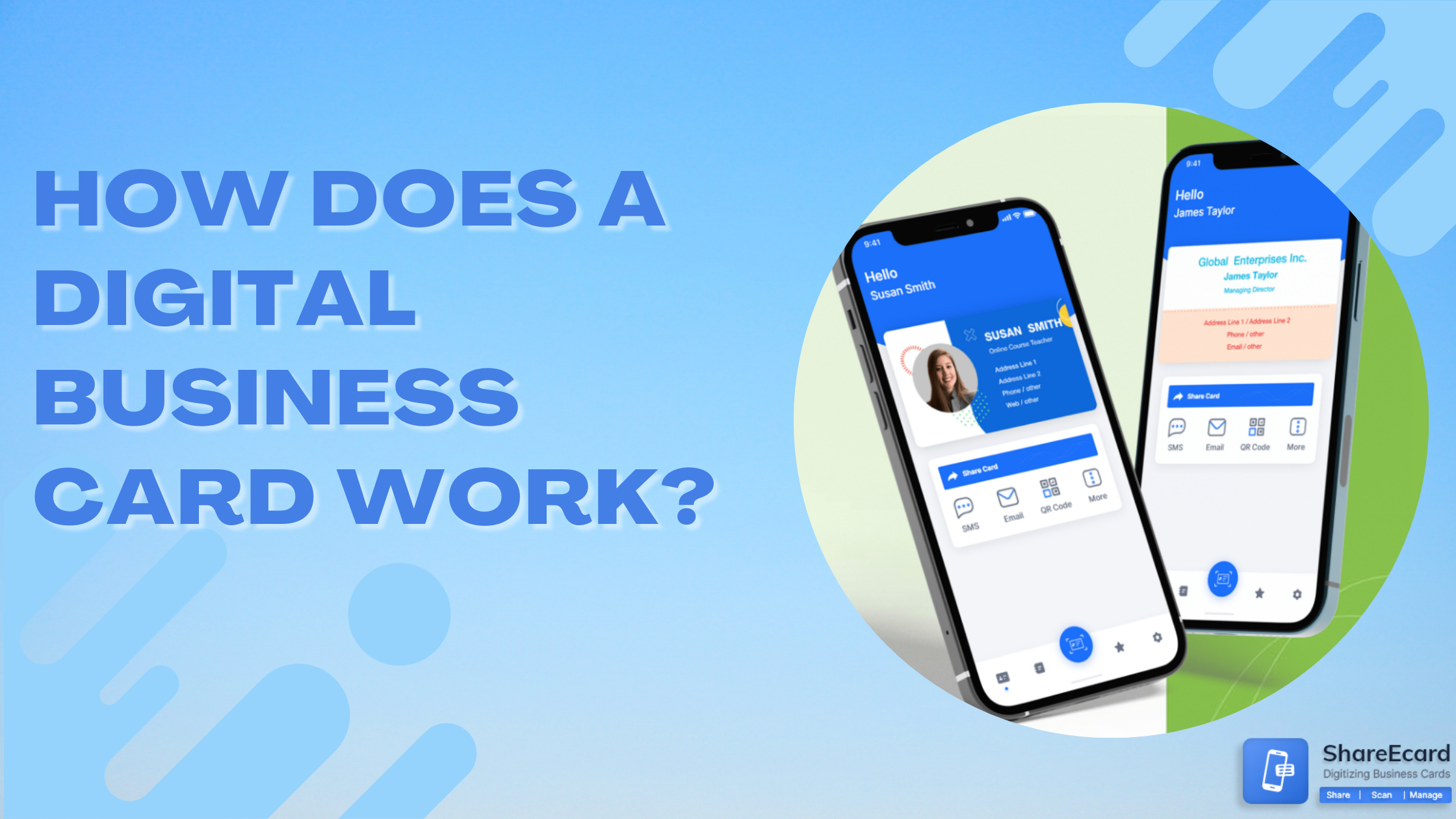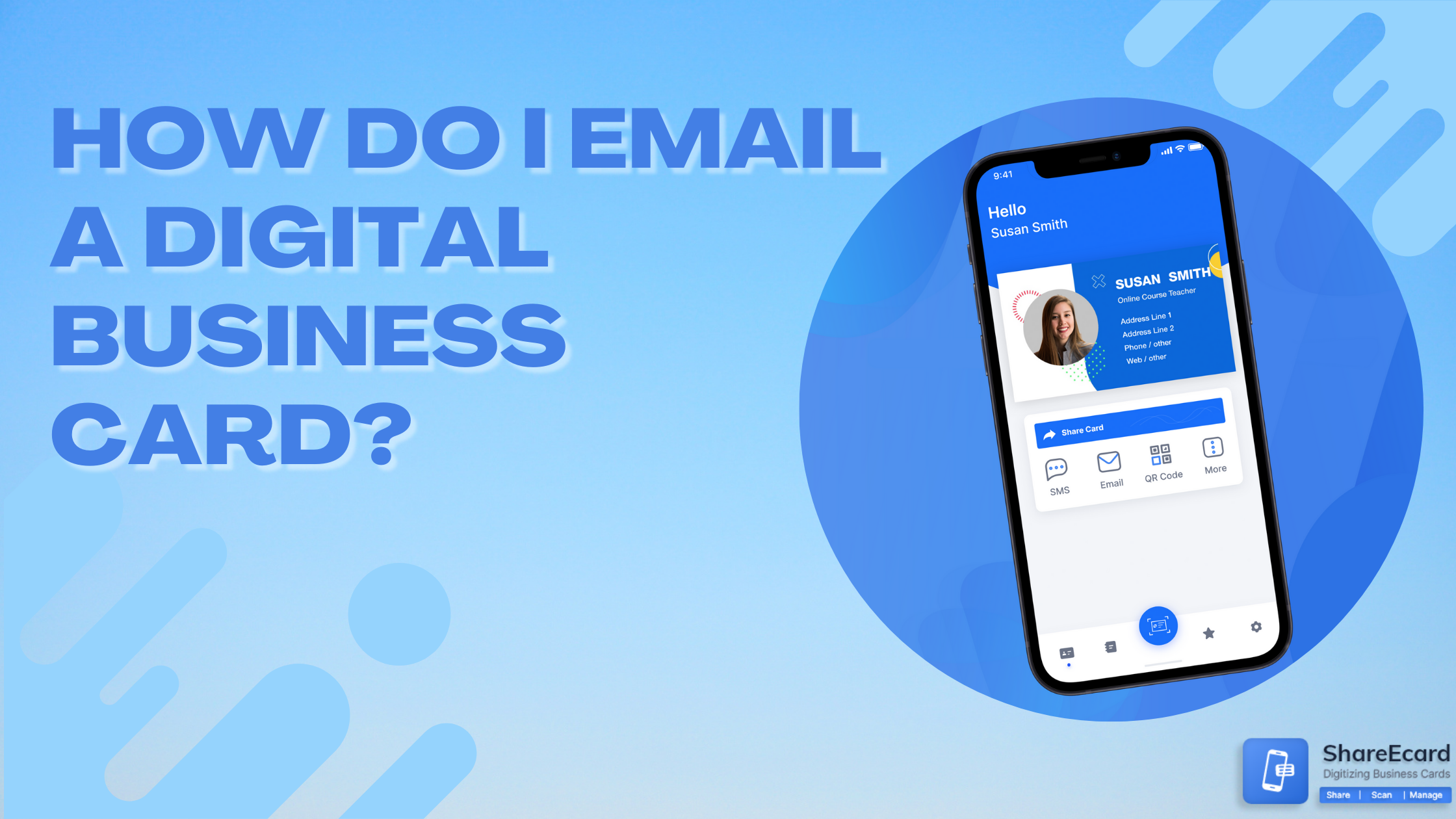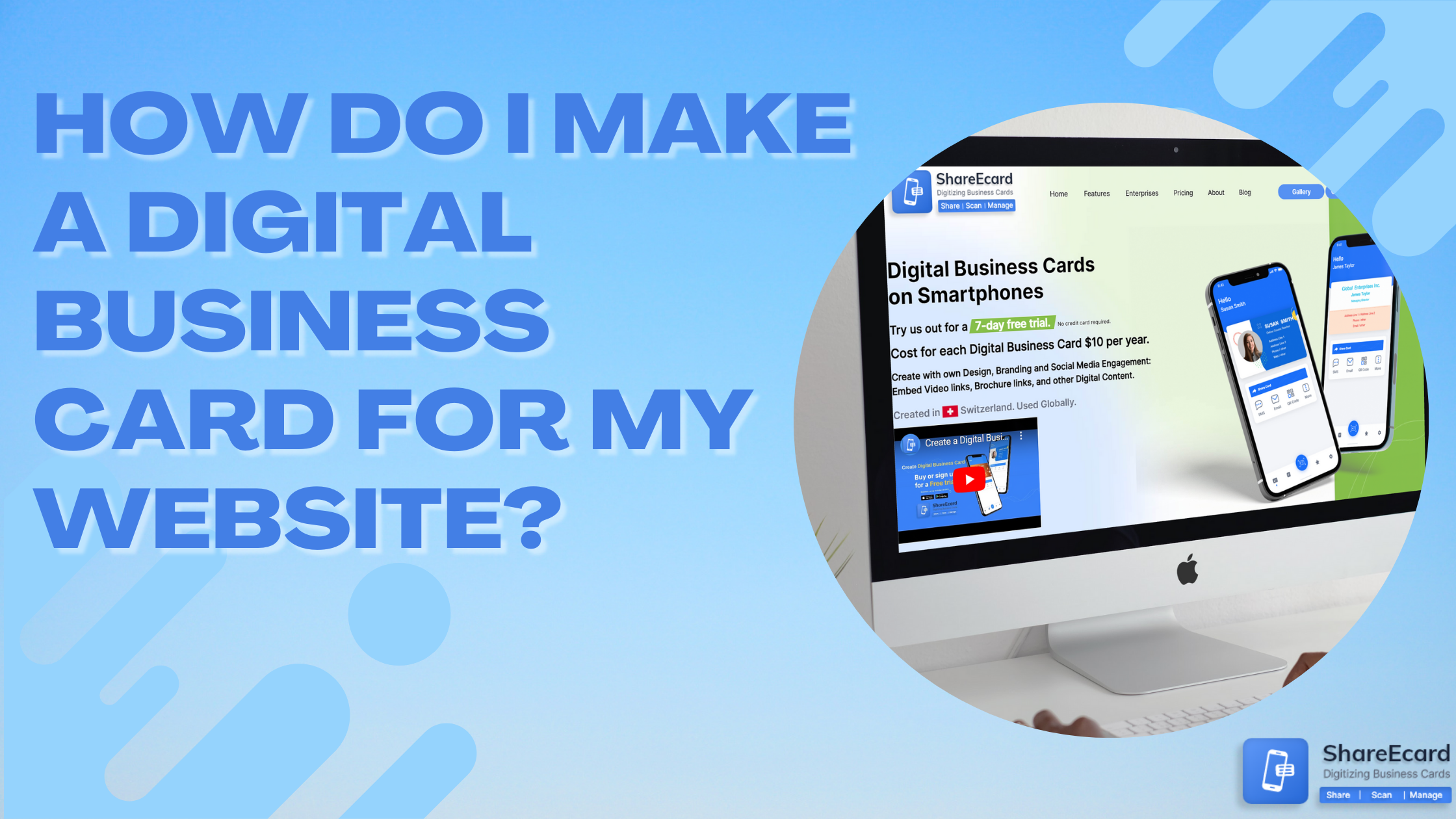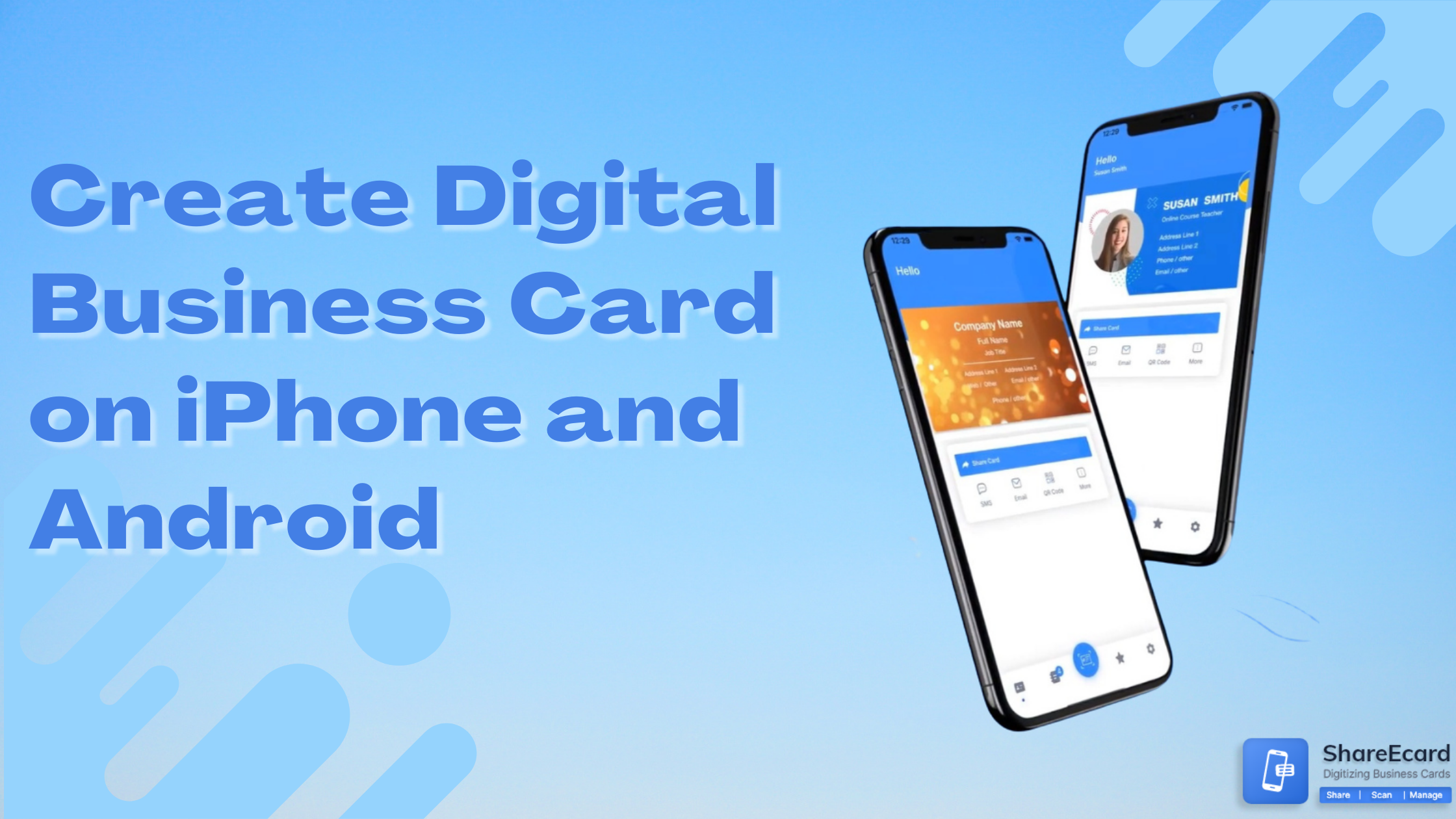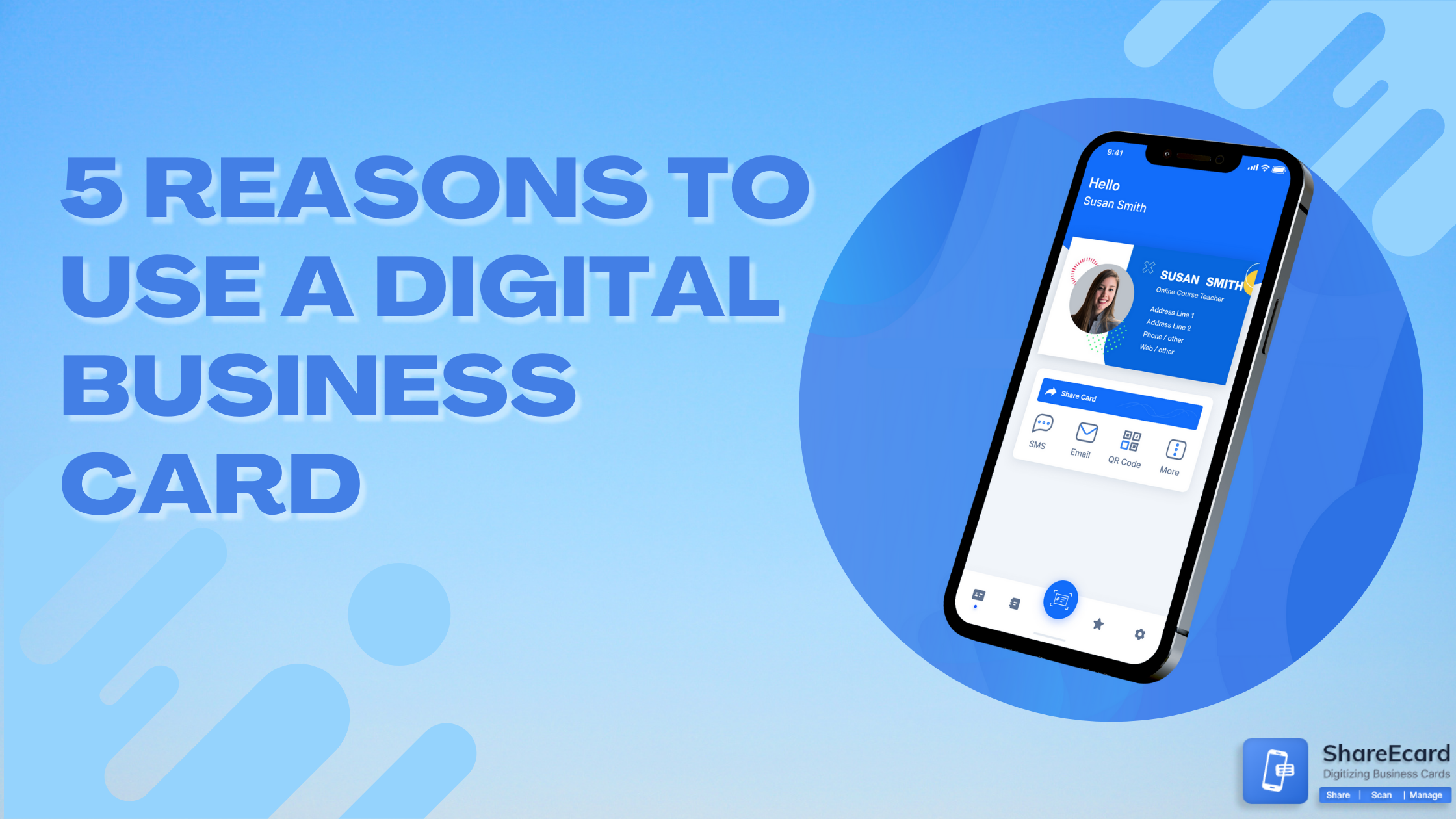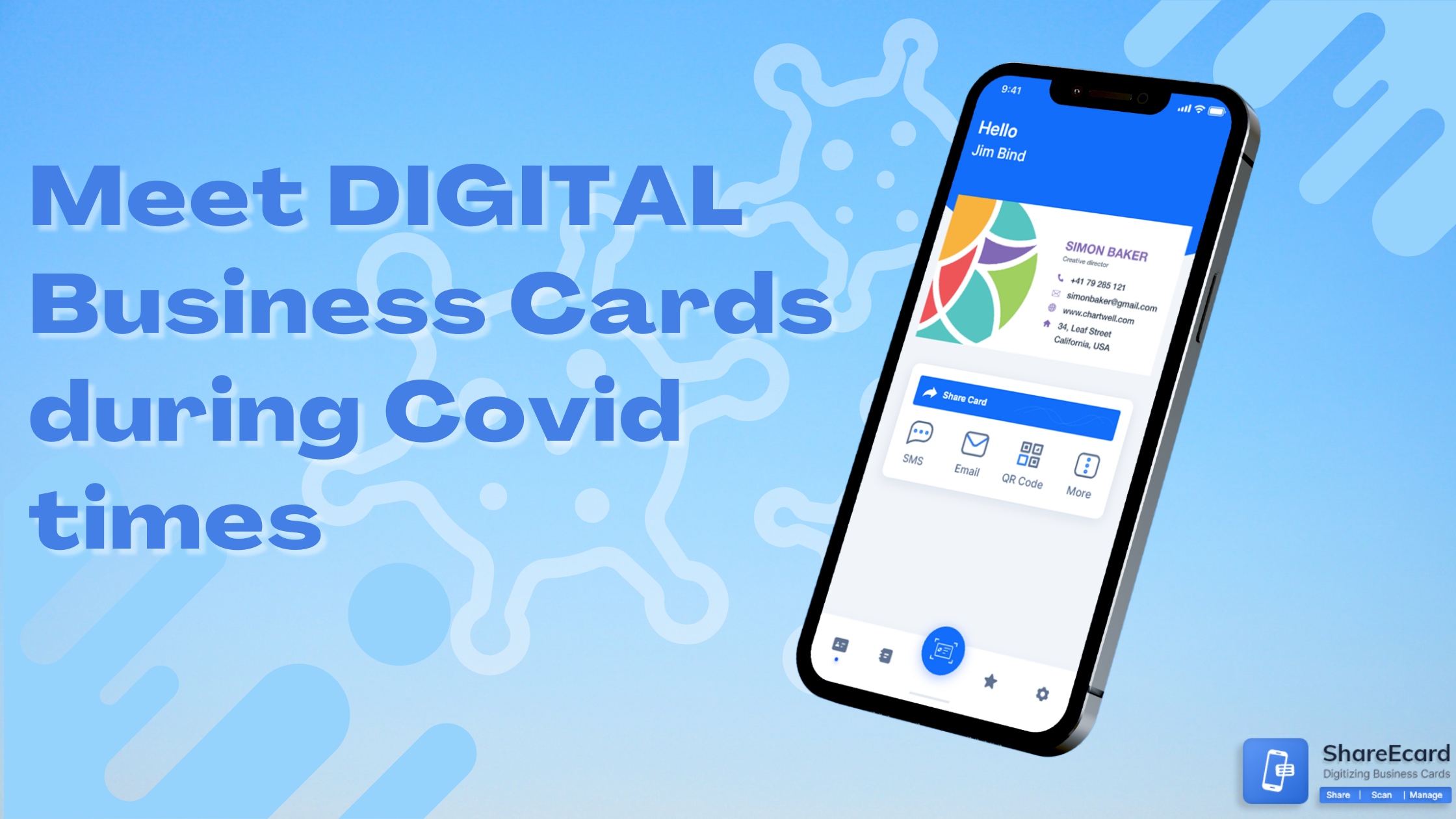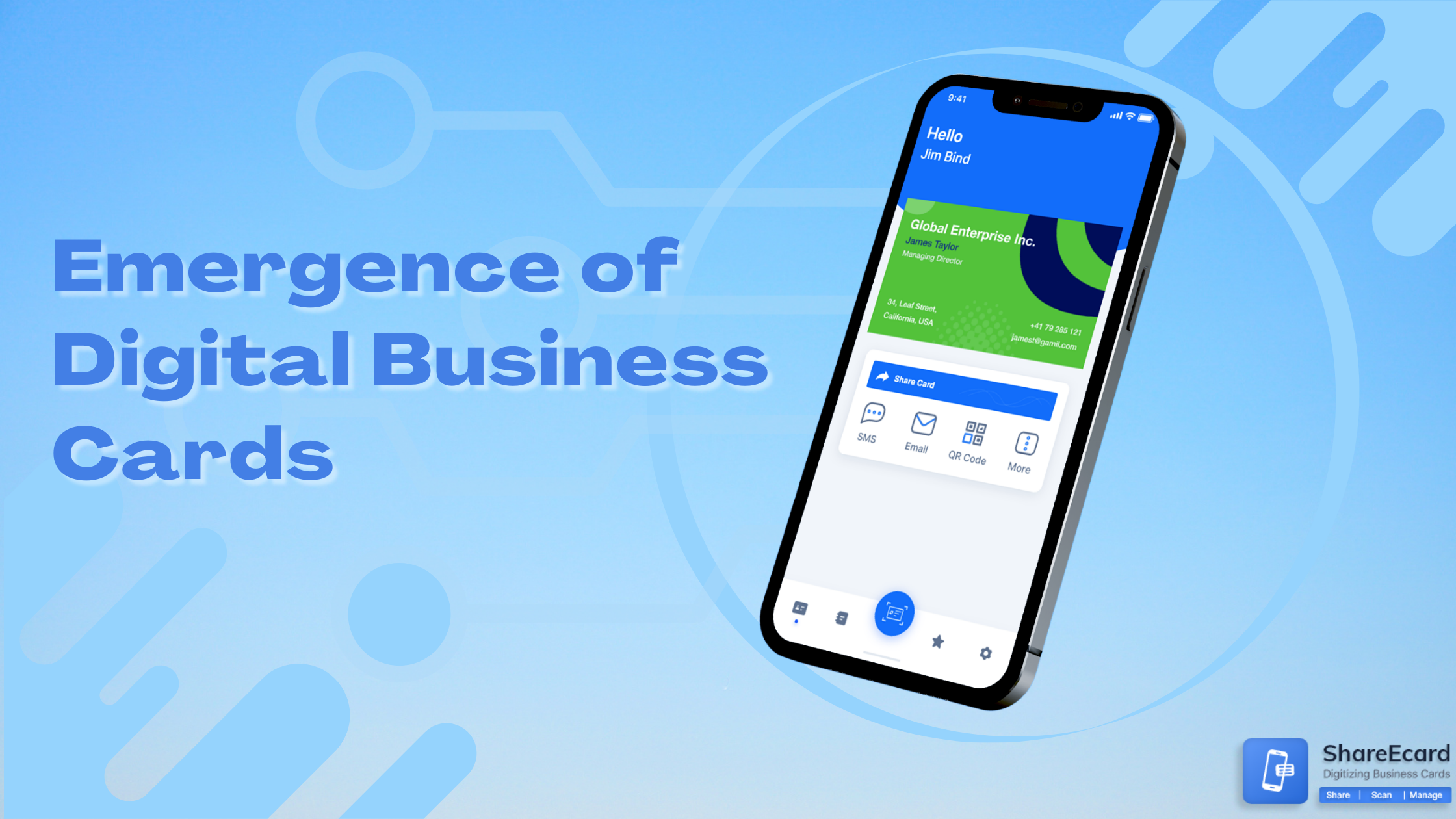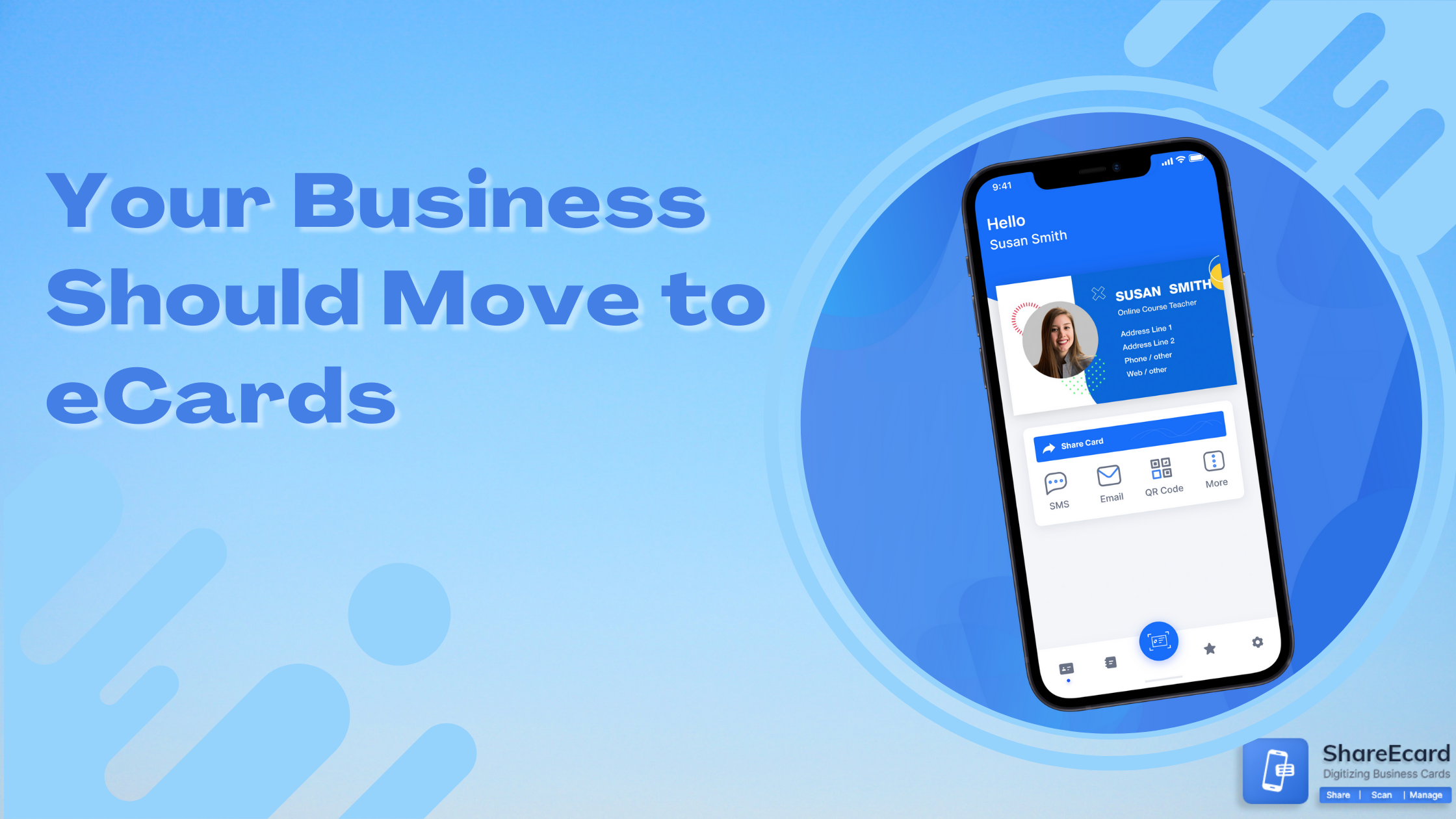Understand Different Sales Methodologies in Detail

-
Sales methodologies are frameworks and approach that organizations use to guide their sales processes and help their sales teams, close deals more effectively. There are many different sales methodologies, each with strategies, techniques, and tools.
-
What are Sales Methodologies
Sales methodologies are frameworks and approach that organizations use to guide their sales processes and help their sales teams close deals more effectively. They typically involve a set of strategies, techniques, and tools designed to help salespeople understand their customers' needs and challenges and offer them solutions that meet those needs and challenges. Sales methodologies can be customer-focused, process-oriented, or a combination of both. Some of the most popular sales methodologies include solution selling, consultative selling, SPIN selling, Challenger Sale, inbound selling, value selling, social selling, account-based marketing, customer relationship management, and action selling. The key is finding the best sales methodology for your organization and your sales team and continuously improving and refining your sales process over time. Some of the most popular sales methodologies include:
-
Distribution and Pricing Strategies
Distribution and pricing strategies are two critical aspects of sales methodologies. Distribution strategies refer to the methods and channels an organization uses to get its products or services to its customers. It can include direct sales, retail stores, online sales, distributors, wholesalers, and other channels. Pricing strategies, however, refer to how an organization sets the price for its products or services. Some common pricing strategies include cost-plus pricing, value-based pricing, competition-based pricing, and penetration pricing.
-
Solution Selling
Solution selling is a customer-focused approach that involves helping customers identify their problems and needs and then offering them a solution that addresses them and meets those needs. In solution selling, the salesperson is not just selling a product or service and a comprehensive solution that addresses the customer's specific needs and challenges.
-
Consultative Selling
Consultative selling is a process-oriented approach that involves building a relationship with the customer and working with them to understand their needs, challenges, and goals. The salesperson acts as a consultant, offering expert advice and guidance to help the customer make informed decisions. This approach is often used in complex sales situations where customers need much information and support to purchase.
-
SPIN Selling
SPIN selling is a structured approach that involves asking questions to identify the customer's needs and challenges and then offering solutions that address those needs and challenges. The acronym SPIN stands for Situation, Problem, Implication, and Need-payoff. This approach is based on the idea that the more effectively you can understand the customer's needs and challenges, the more effectively you can sell to them.
-
Challenger Sale
The Challenger Sale is an approach that focuses on teaching the customer something new and challenging their assumptions and beliefs about their business and industry. The idea is to position yourself as an expert who can help the customer think differently about their problems and opportunities and then offer them a solution that addresses those problems and opportunities in a new and innovative way.
-
Inbound Selling
Inbound selling is a customer-centric approach involving attracting and engaging potential customers through content marketing, social media, and other digital channels and guiding them through the sales process. Inbound selling aims to build trust and credibility with customers and to offer them valuable information and insights that help them make informed decisions.
-
Value Selling
Value selling is a customer-focused approach that involves demonstrating the value and benefits of your product or service to the customer and how it can help them achieve their goals and objectives. In value selling, the salesperson is not just selling a product or service but also the value and benefits it brings to the customer.
-
Social Selling
Social selling is a process-oriented approach that uses social media and other online channels to build relationships with potential customers and engage with them in real time. Social selling aims to use social media to create a personalized, authentic, and human connection with the customer and to build trust and credibility with them.
-
Account-Based Marketing (ABM)
Account-based marketing (ABM) is a targeted, personalized approach to sales and marketing that focuses on a specific set of high-value accounts. In ABM, the sales and marketing teams work together to create a tailored, coordinated campaign for each target account, to build relationships and drive revenue.
-
Customer Relationship Management (CRM)
Customer relationship management (CRM) is a process-oriented approach that involves managing and optimizing all interactions with current and potential customers. CRM involves using tools and technologies to track and analyze customer data and to create personalized, seamless customer experiences.
-
Action Selling
Action selling is a structured approach that involves guiding the customer through a series of steps to help them make a purchase decision. The acronym "ACTION" stands for Attention, Interest, Conviction, Test, and Action. This approach involves identifying the customer's needs and challenges and then offering them a solution that addresses those needs and challenges. It also consists in helping the customer understand the value and benefits of your product or service and how it can help them achieve their goals and objectives.
-
Wholesale and Retail
Wholesale sales refer to the sale of goods in bulk to businesses, organizations, or other retailers rather than to individual consumers. Wholesale sellers often offer discounts to their customers to encourage more significant purchases, and the goods are usually sold at a higher price than you purchased for them. Wholesale sales can be conducted through various channels, such as online platforms, wholesale clubs, or physical storefronts.
Retail sales, on the other hand, refer to the sale of goods to individual consumers, typically in smaller quantities and at a higher price than wholesale. Retail sales can be conducted through various channels, such as physical storefronts, online stores, or catalogs. Retail sellers often provide services to their customers, such as product demonstrations, personal styling, or installation services, in addition to selling the goods themselves.
-
Conclusion
In conclusion, there are many different sales methodologies, each with its strategies, techniques, and tools. The key is finding the best approach for your organization and sales team and continuously improving and refining your sales process. Understanding and implementing the proper sales methodology can increase your chances of success and drive more revenue for your business.
